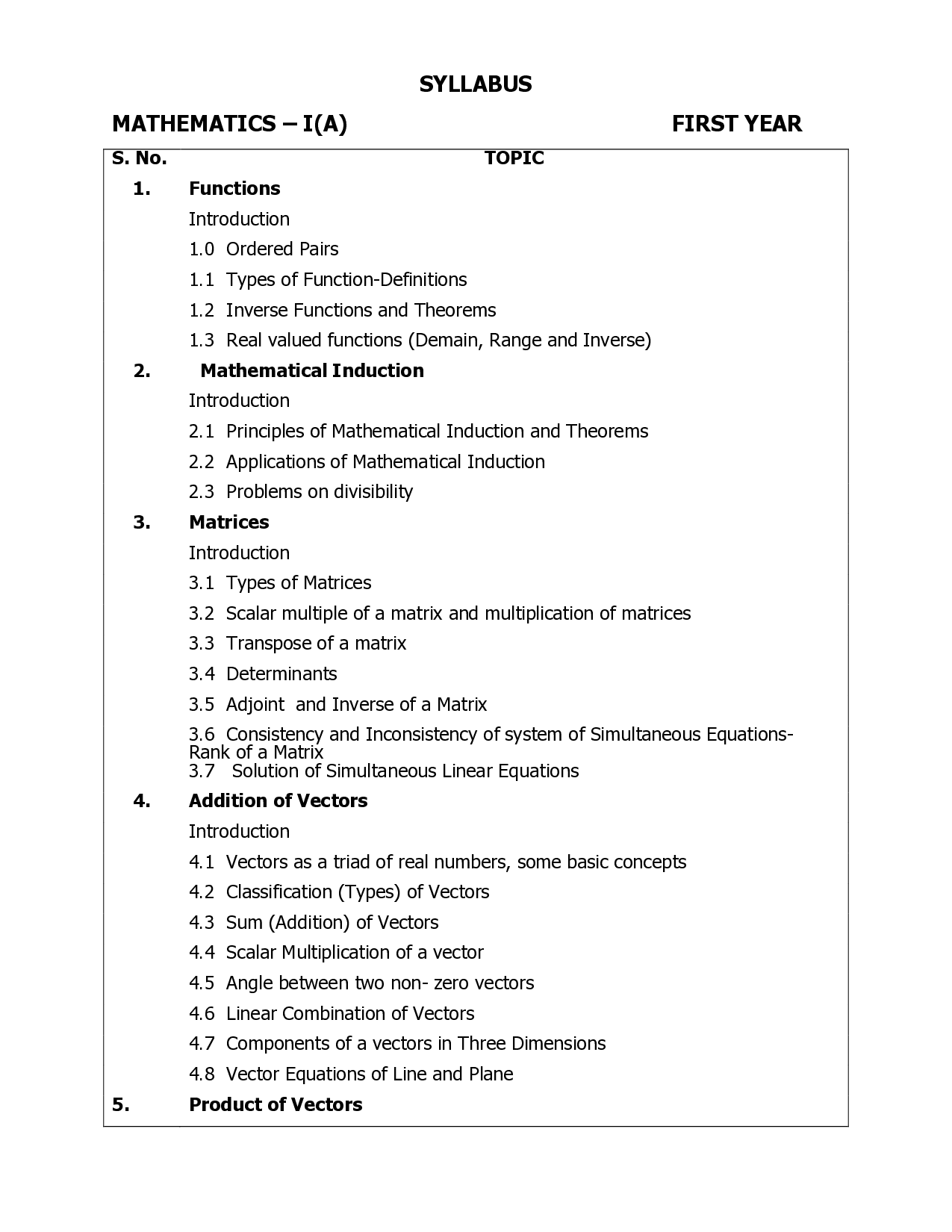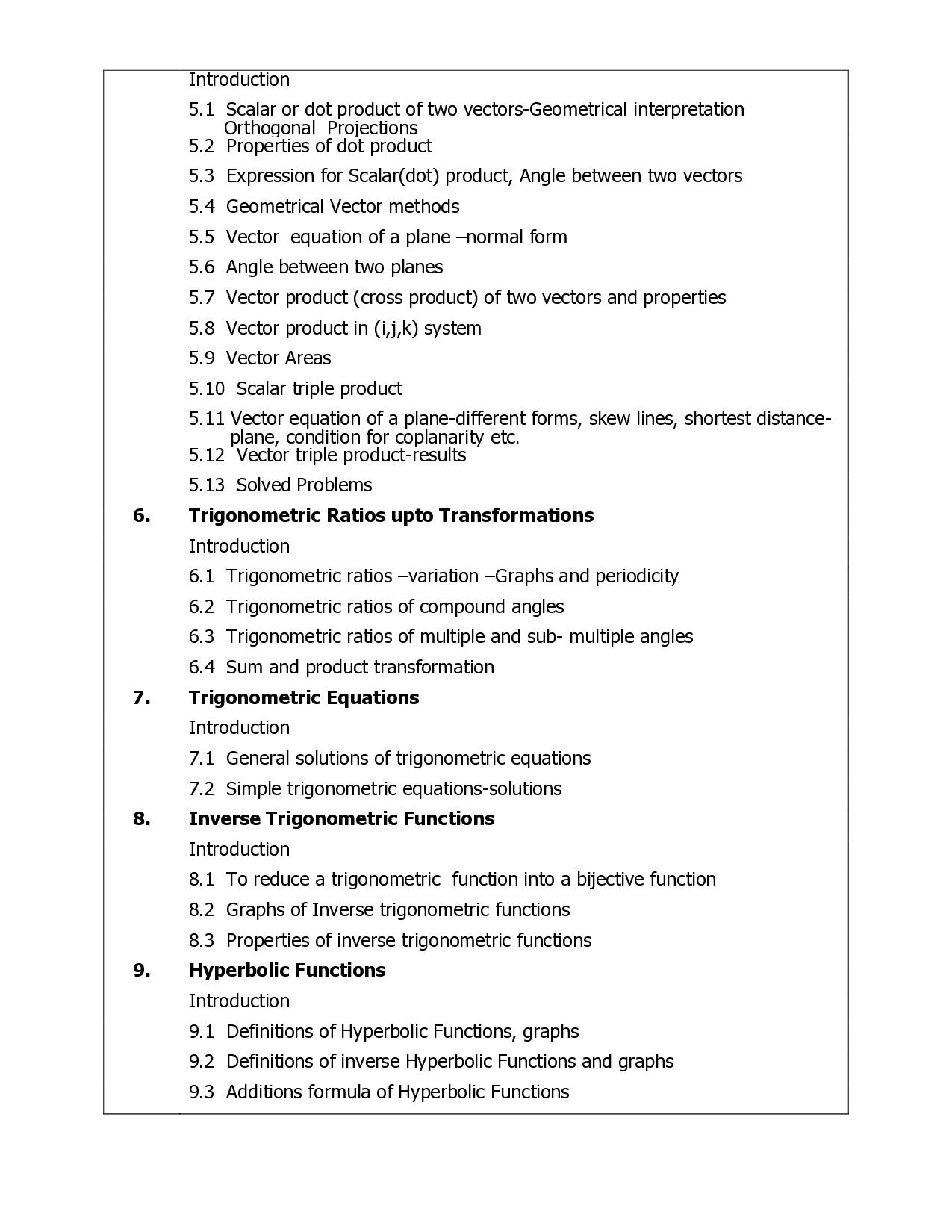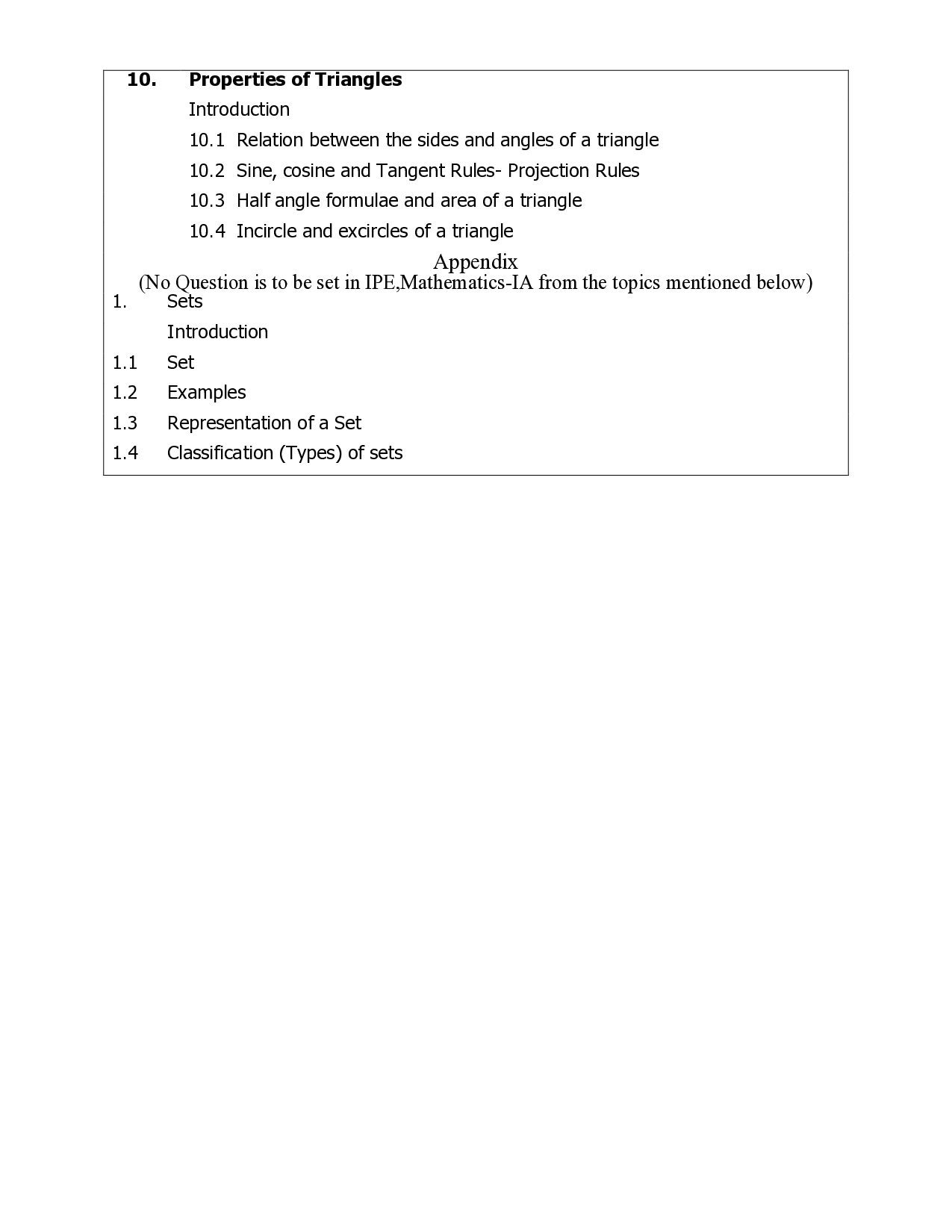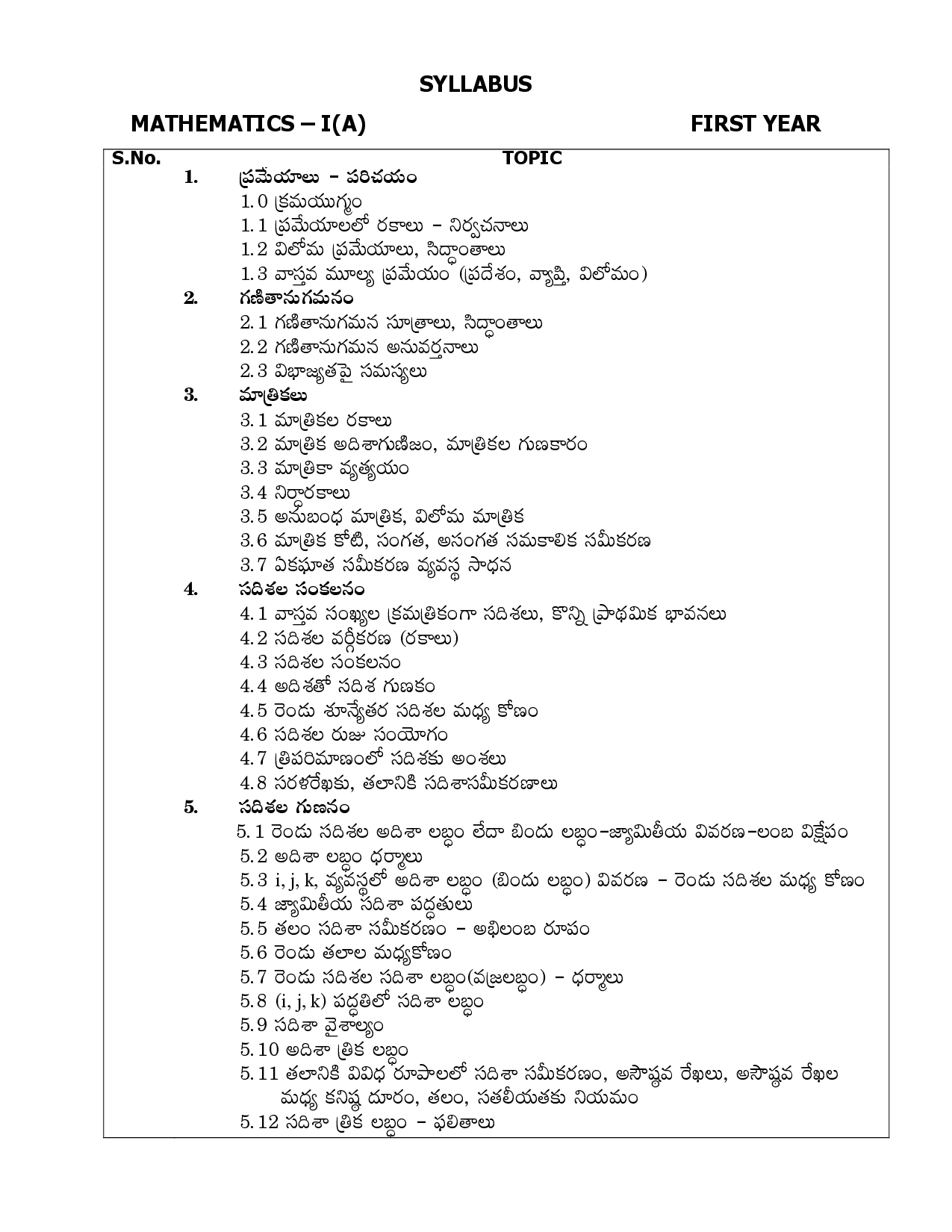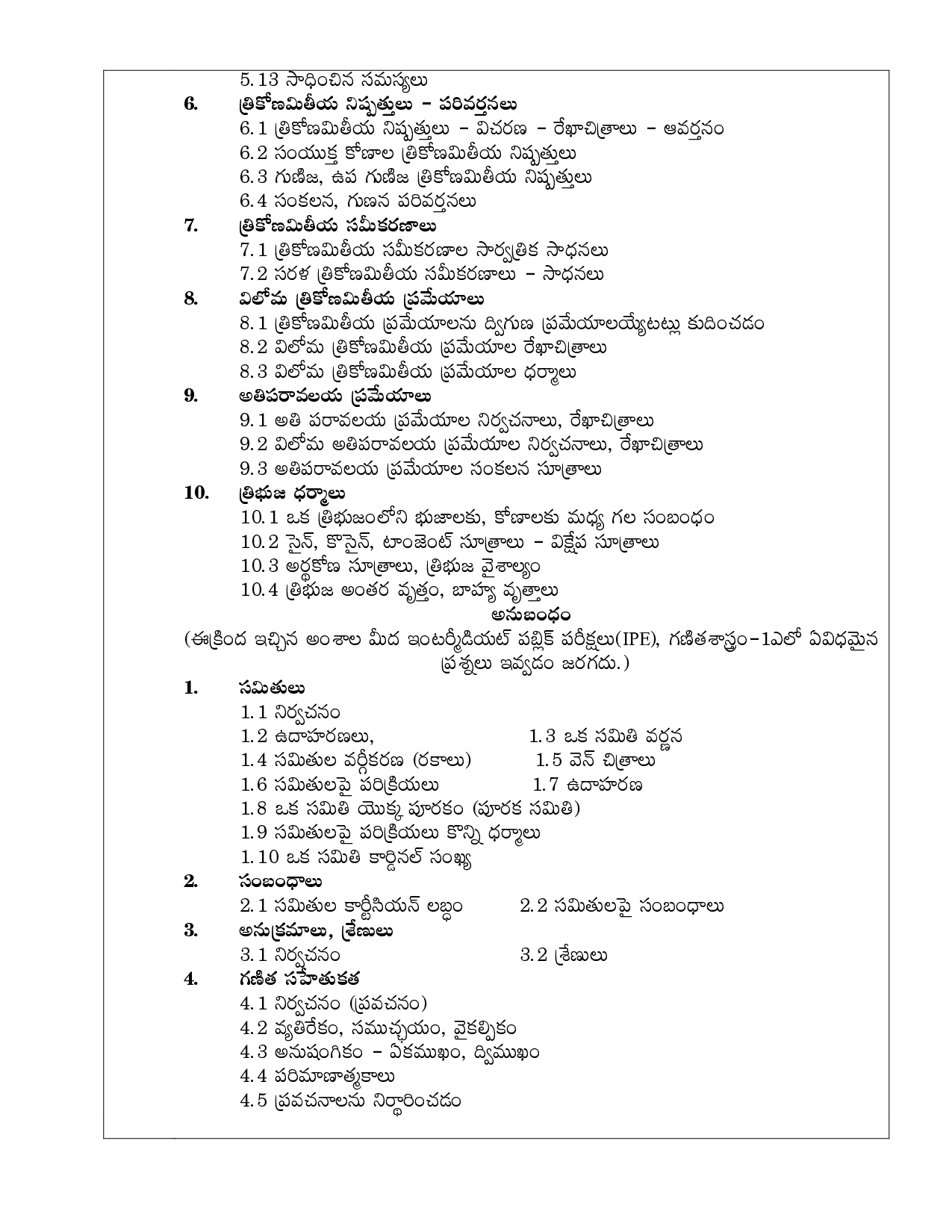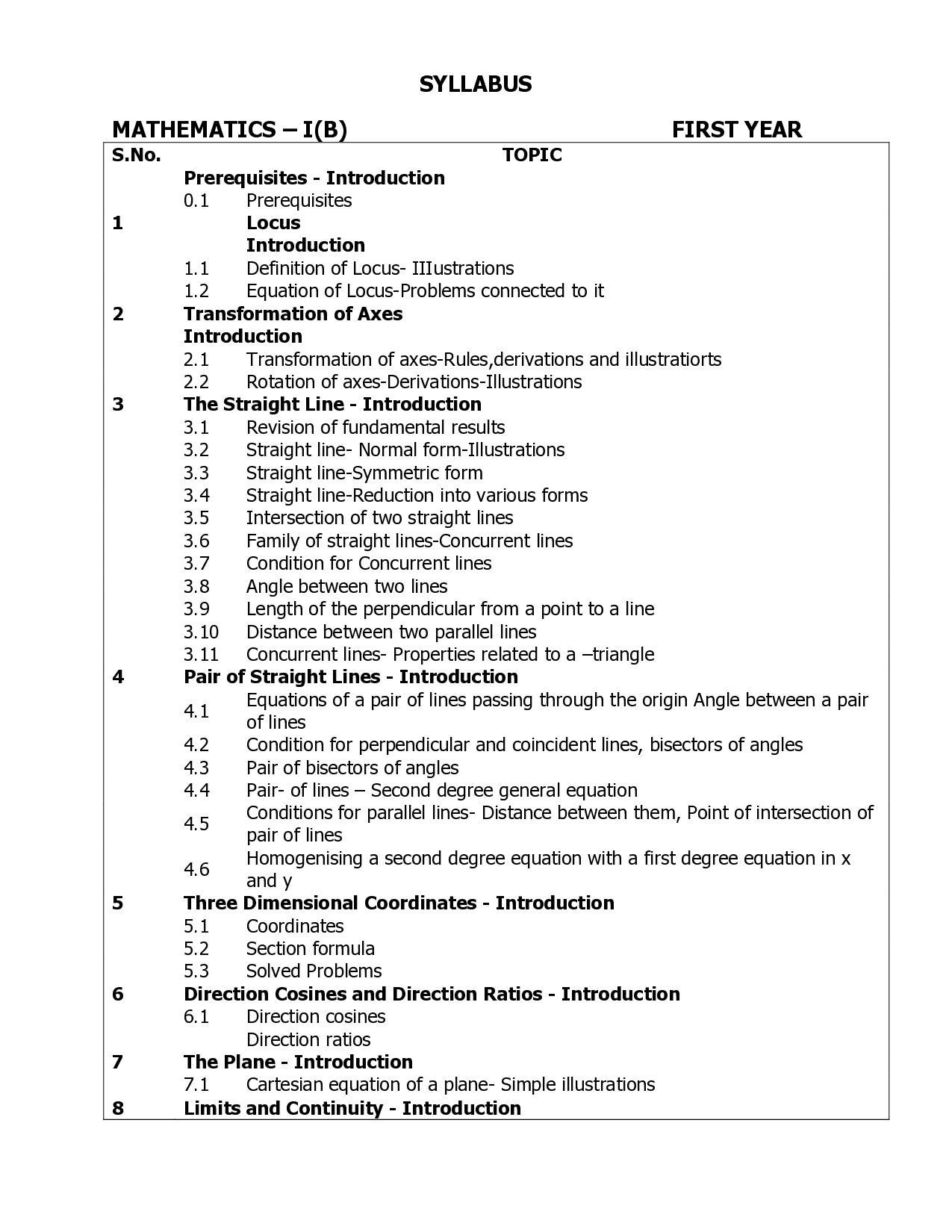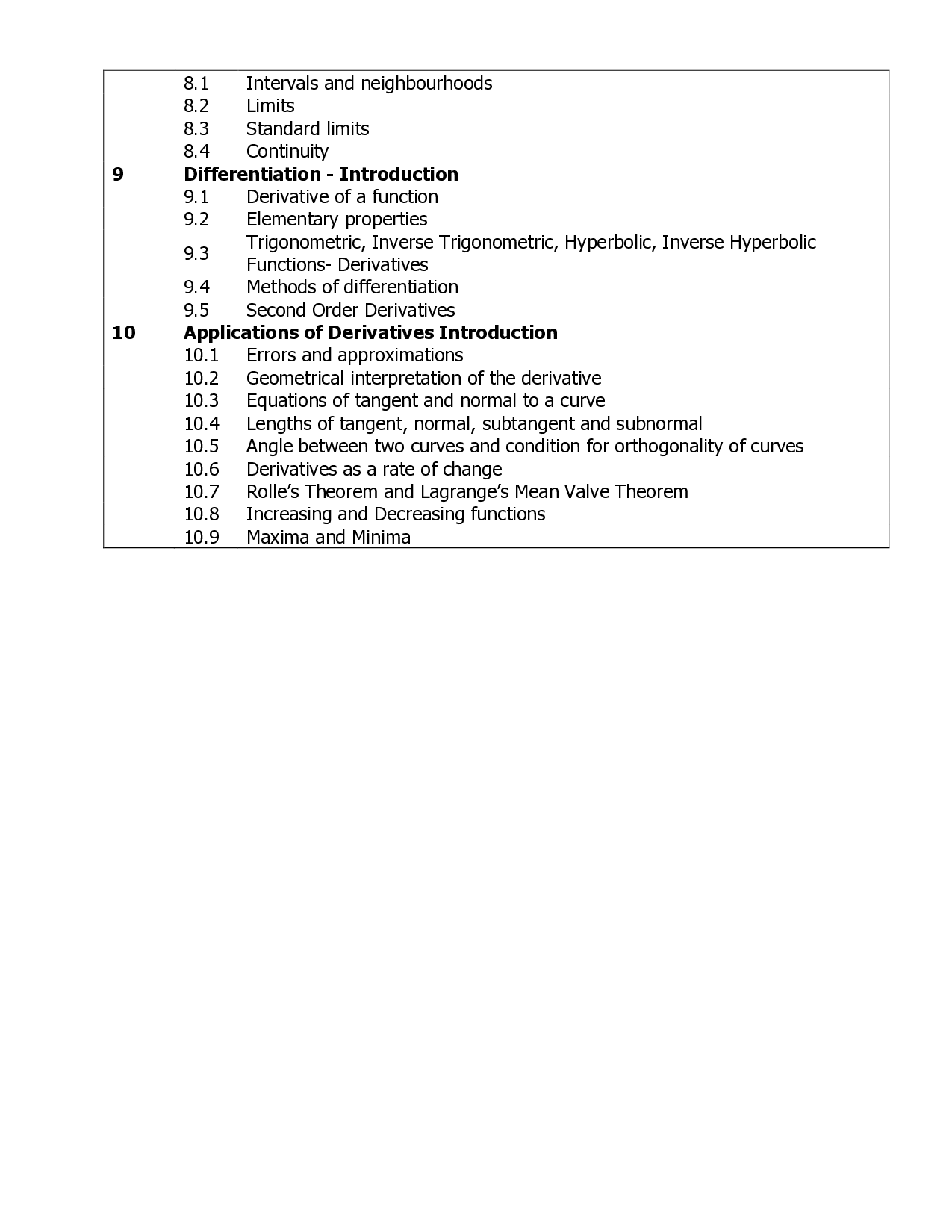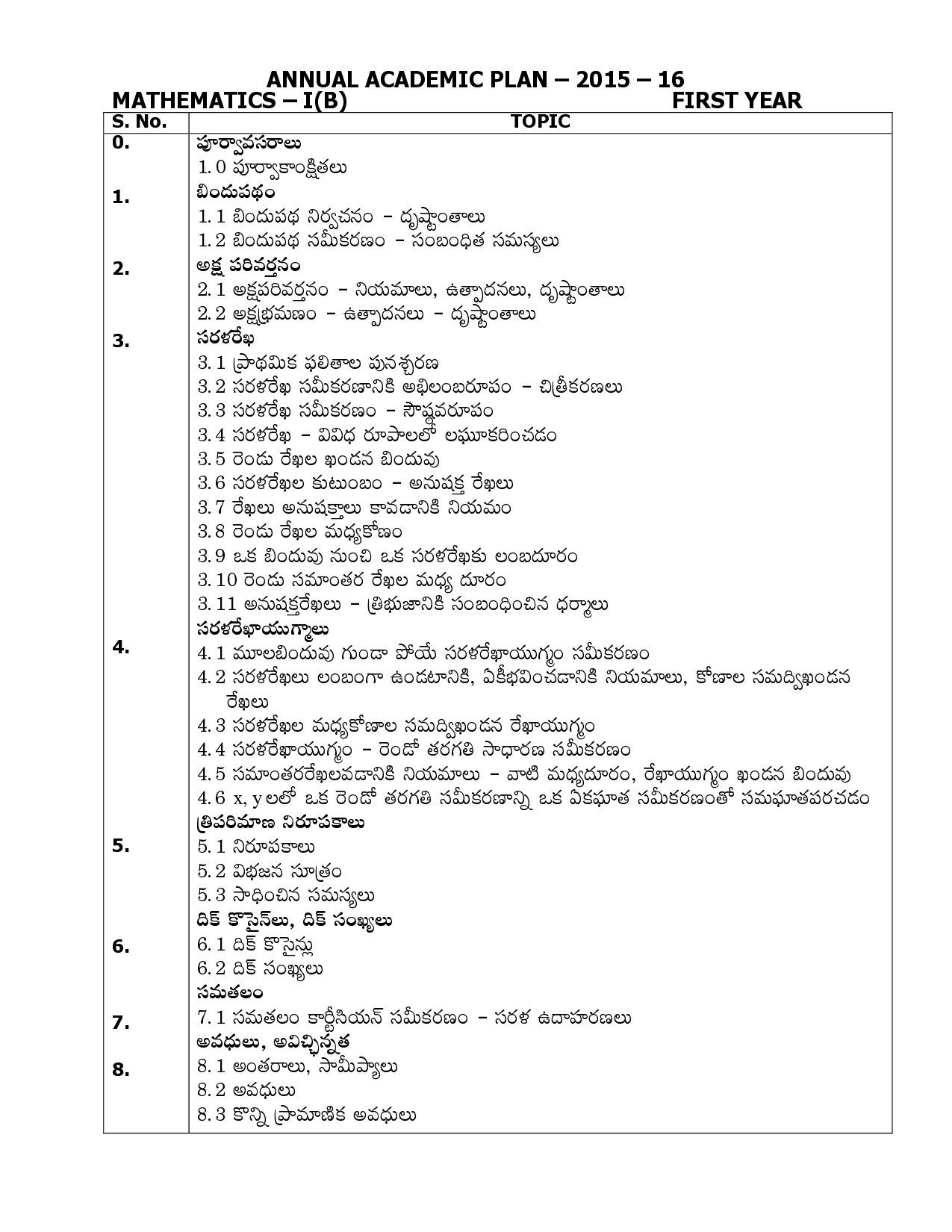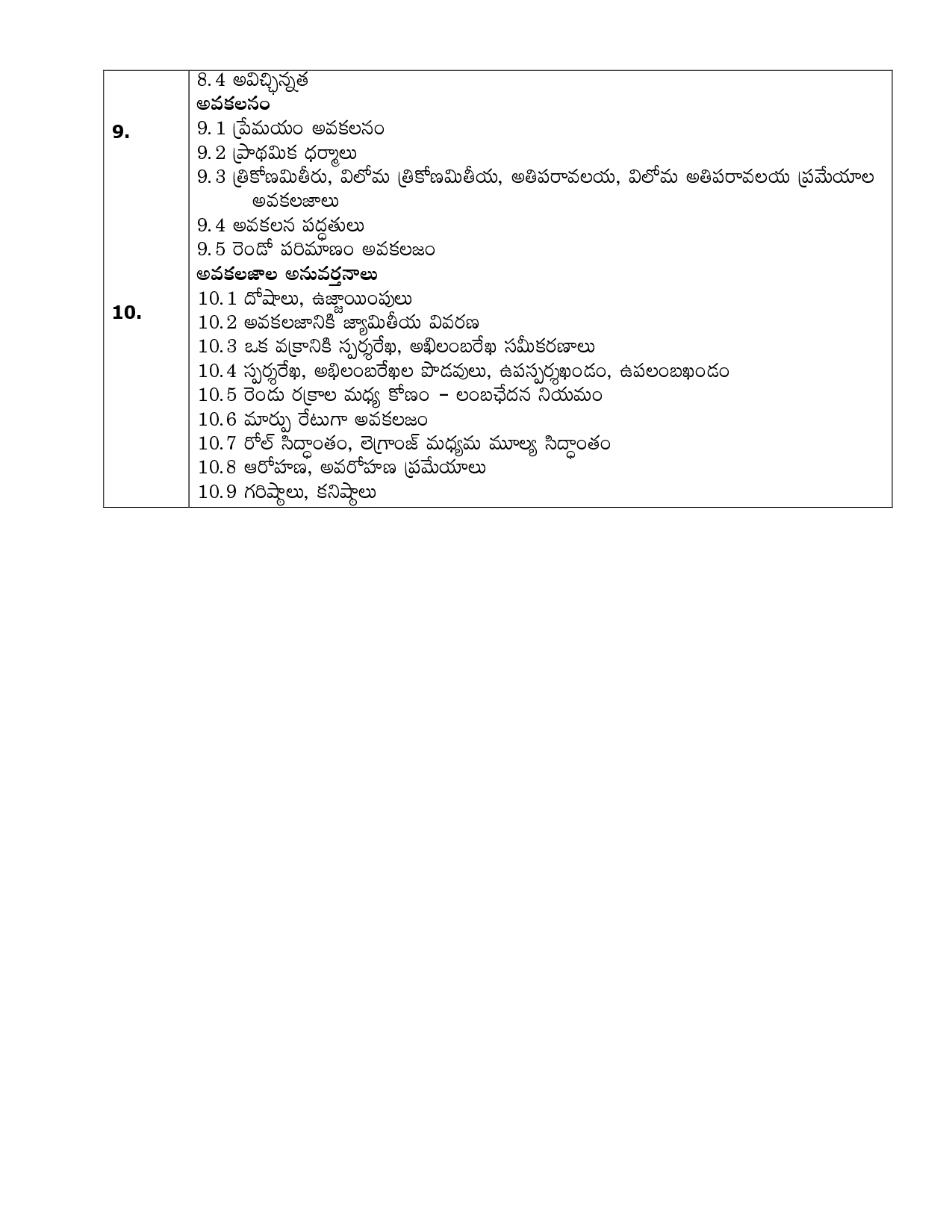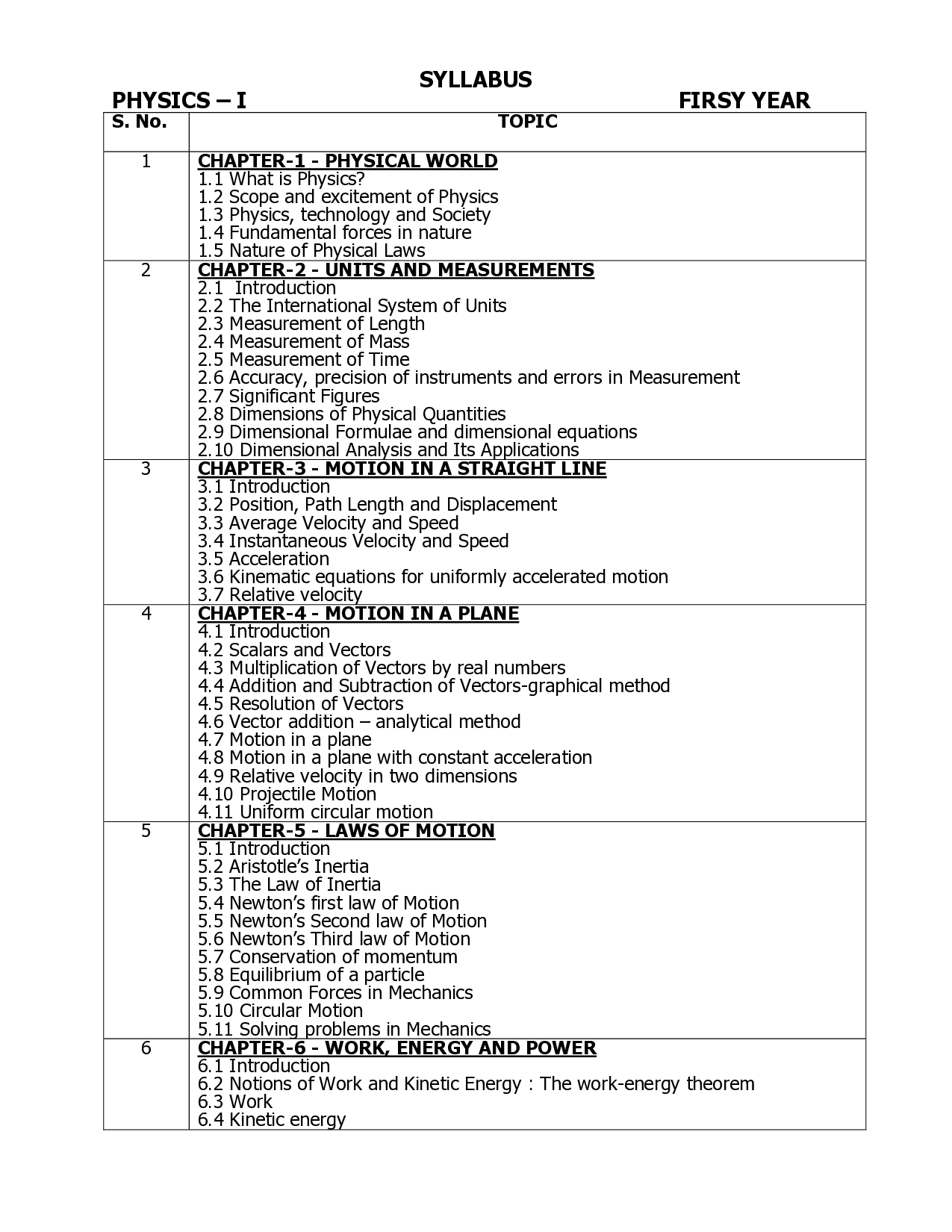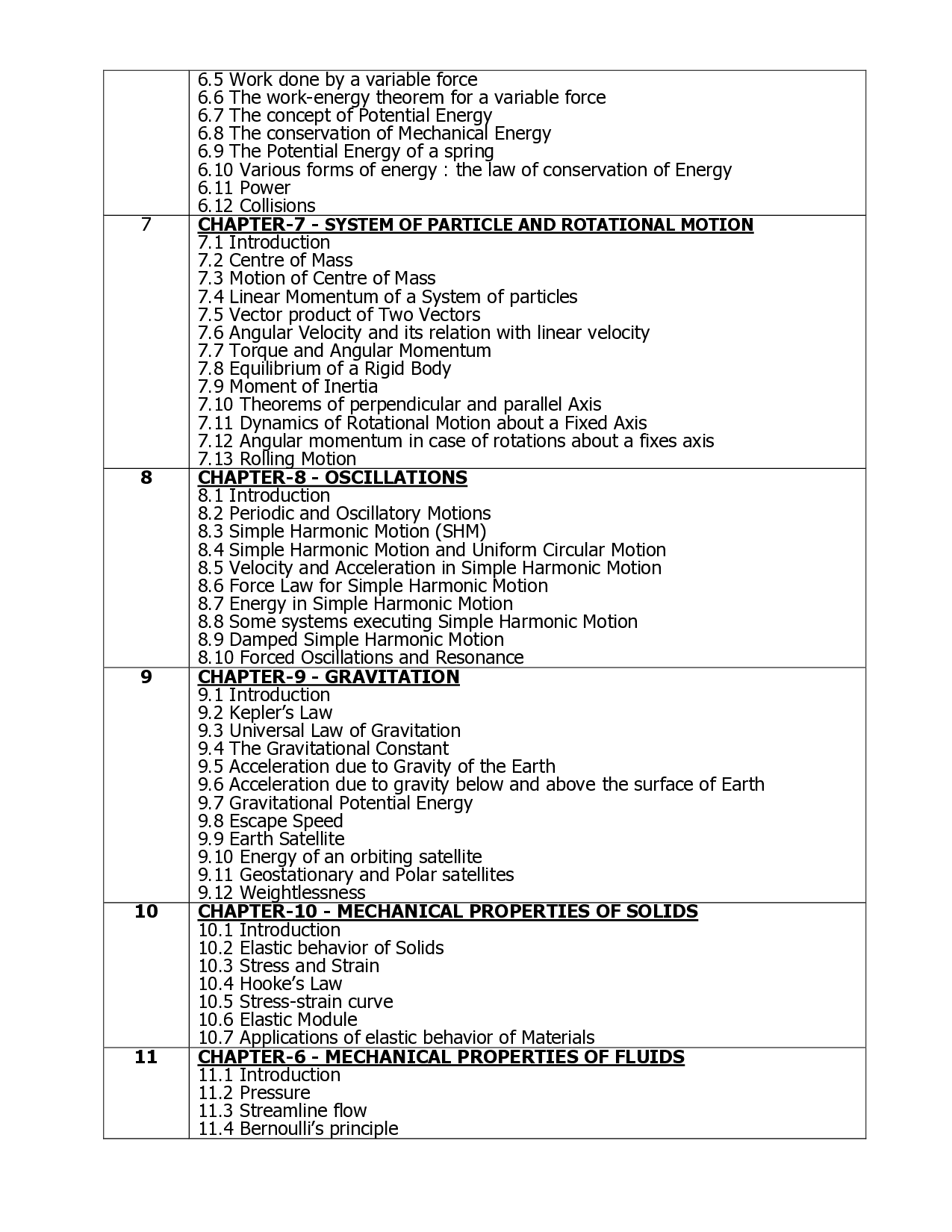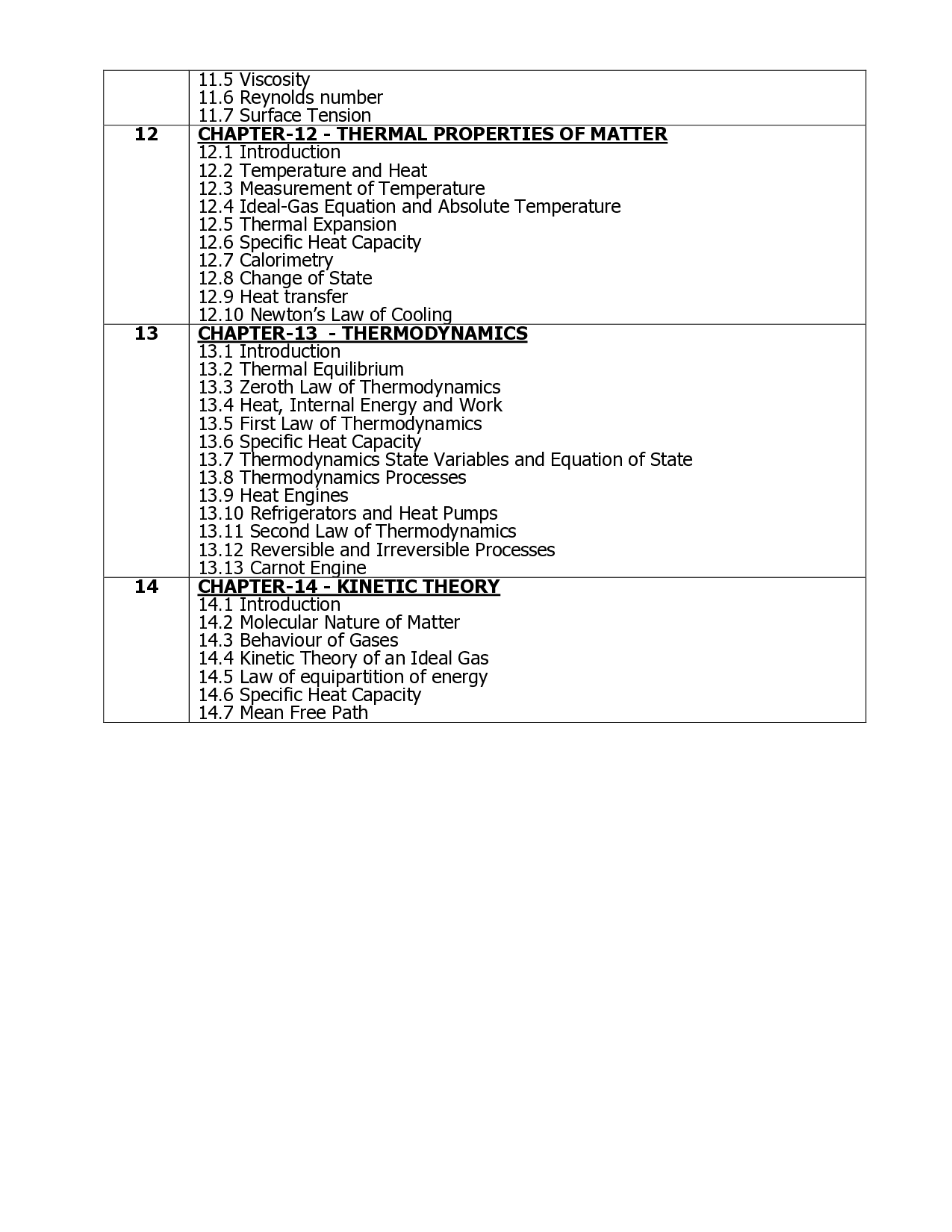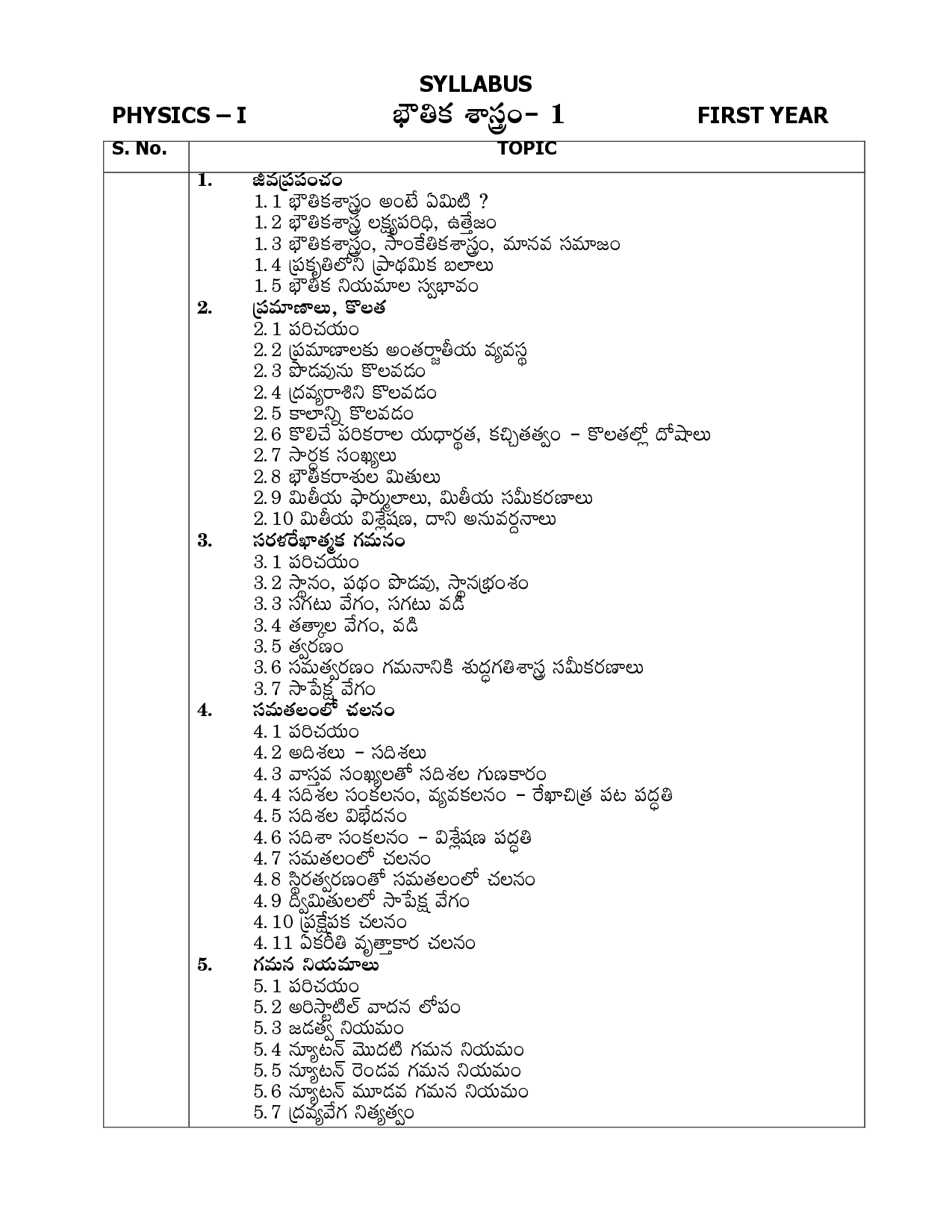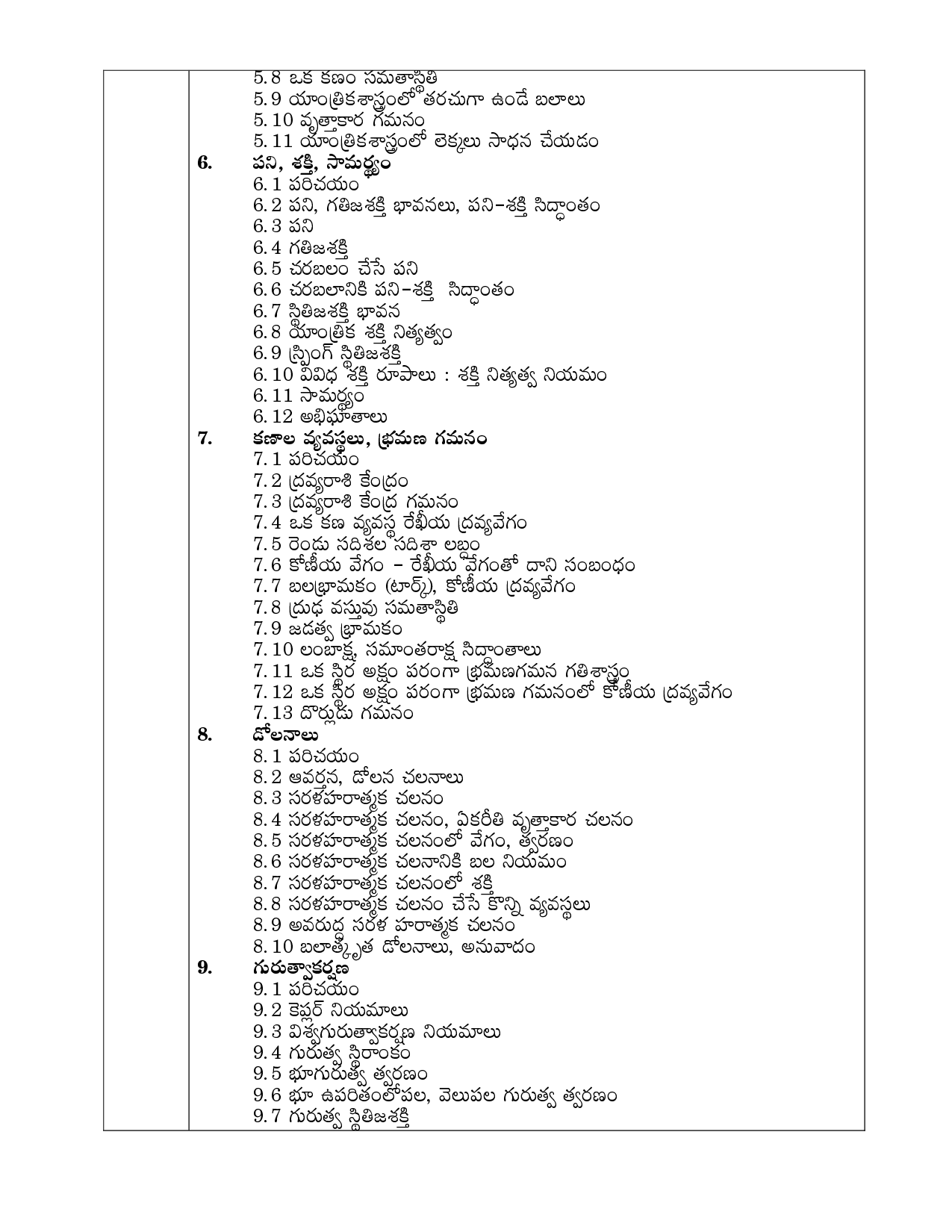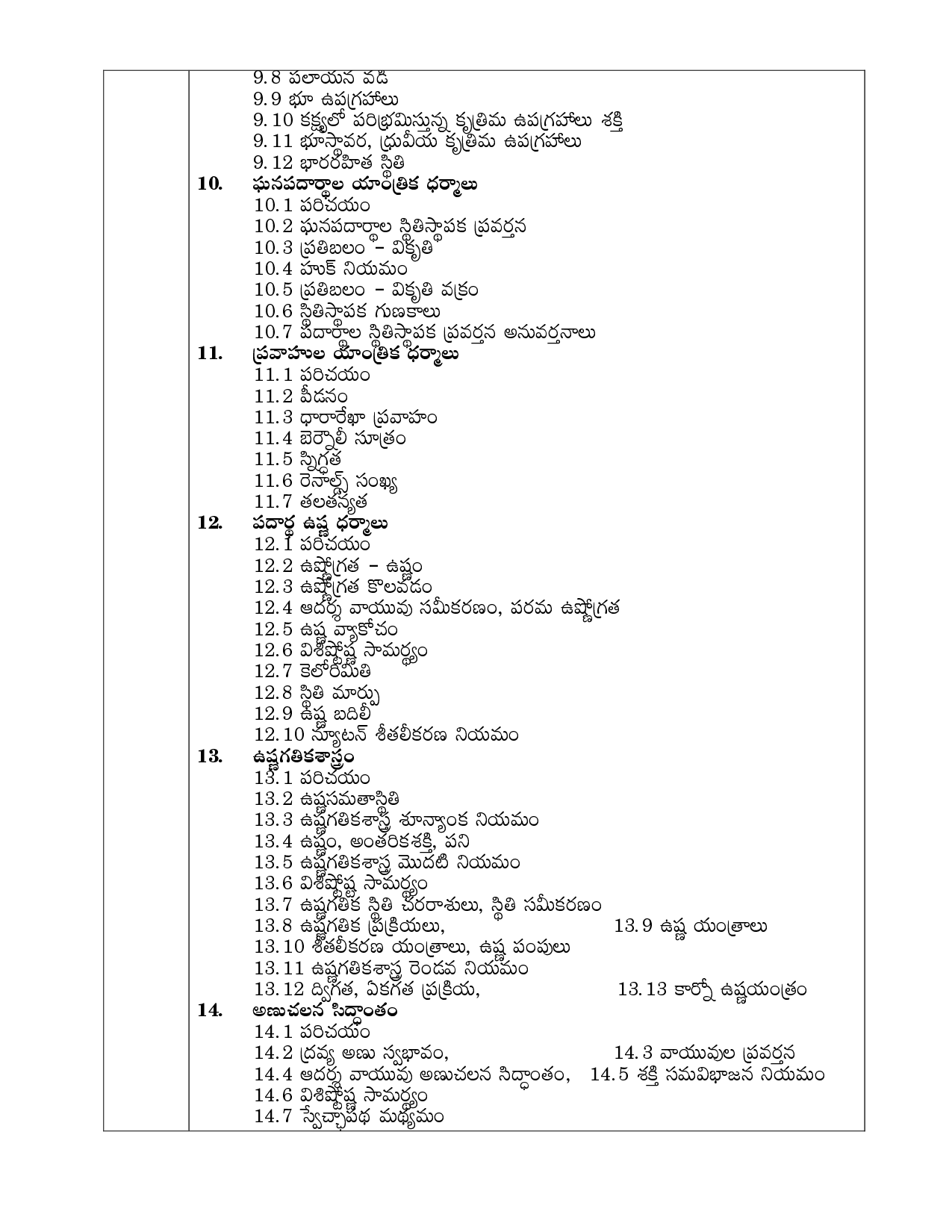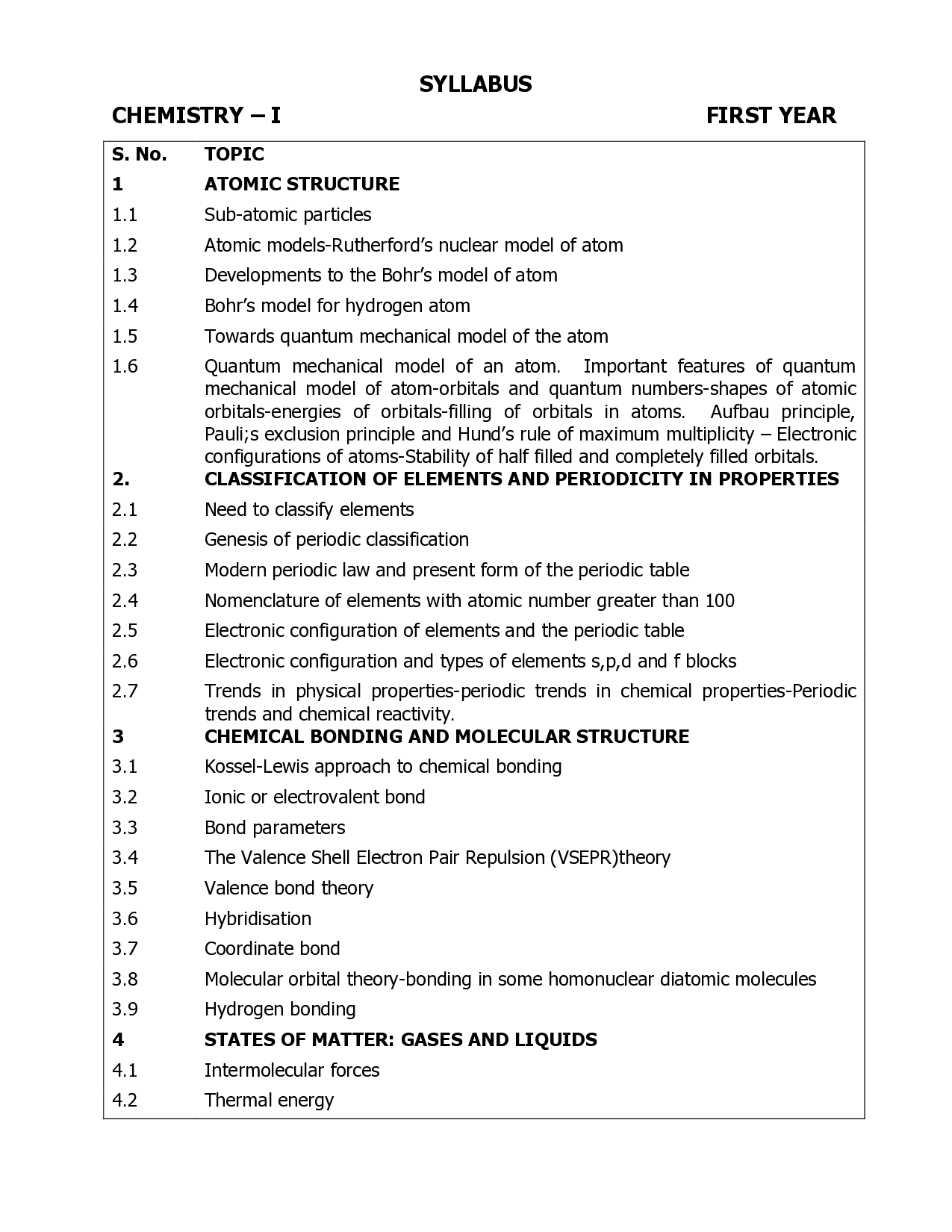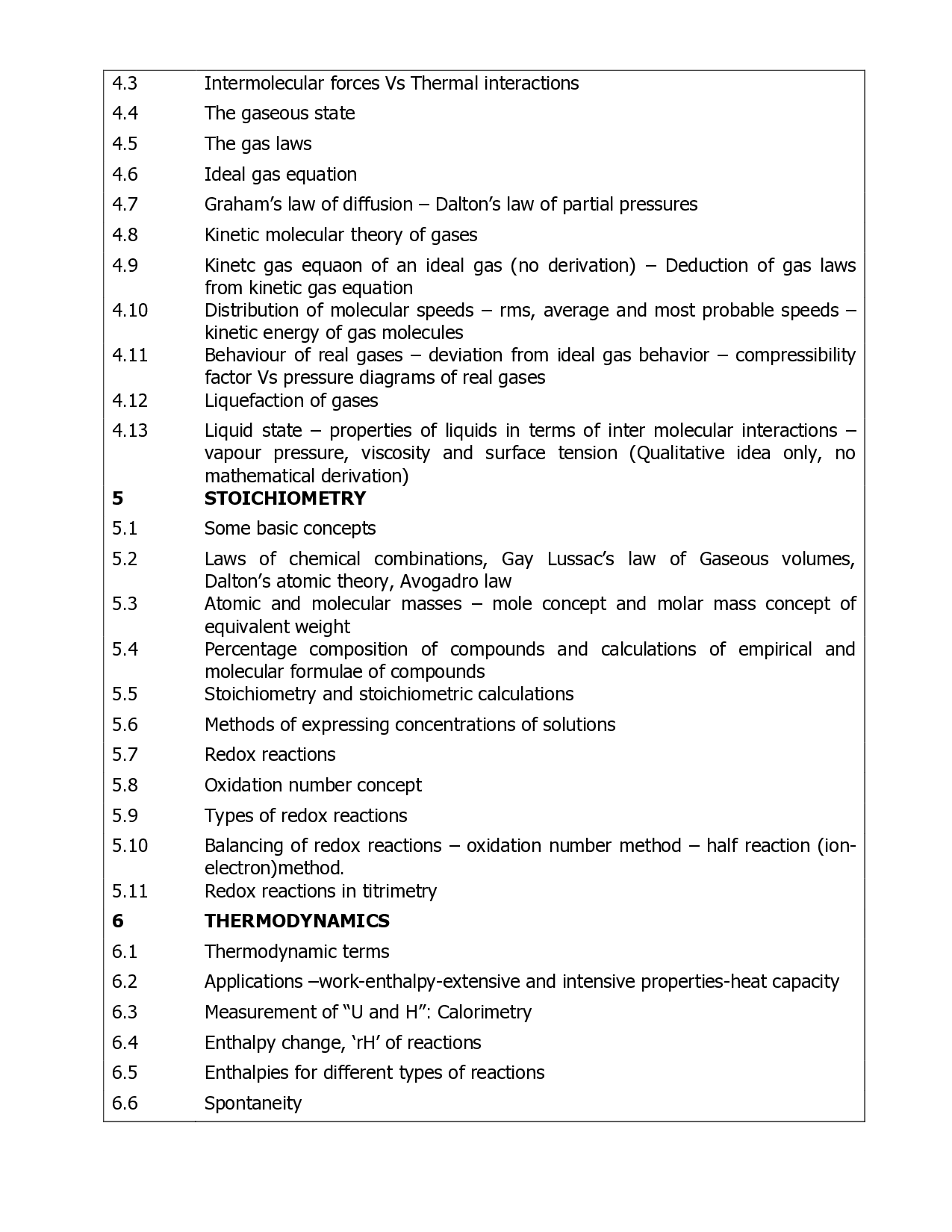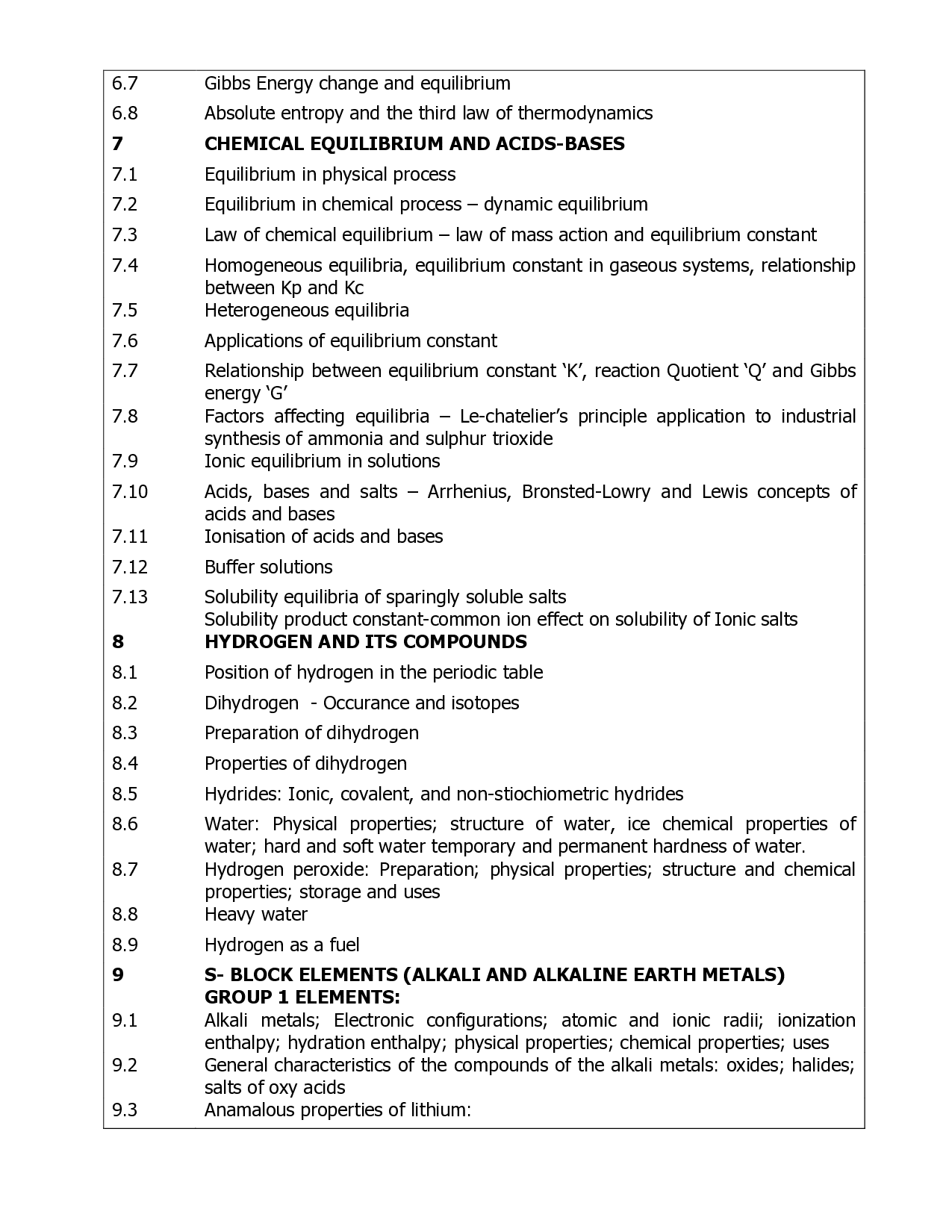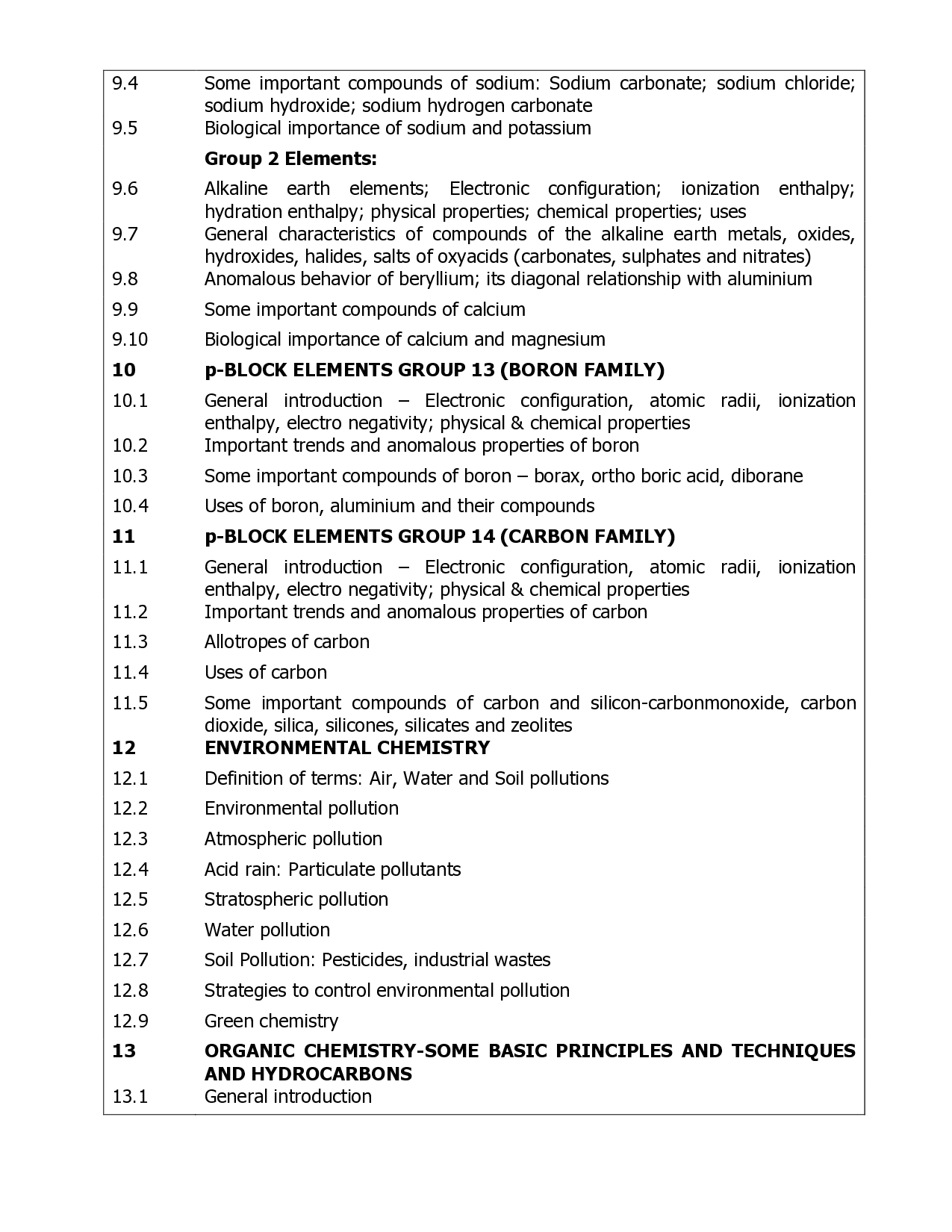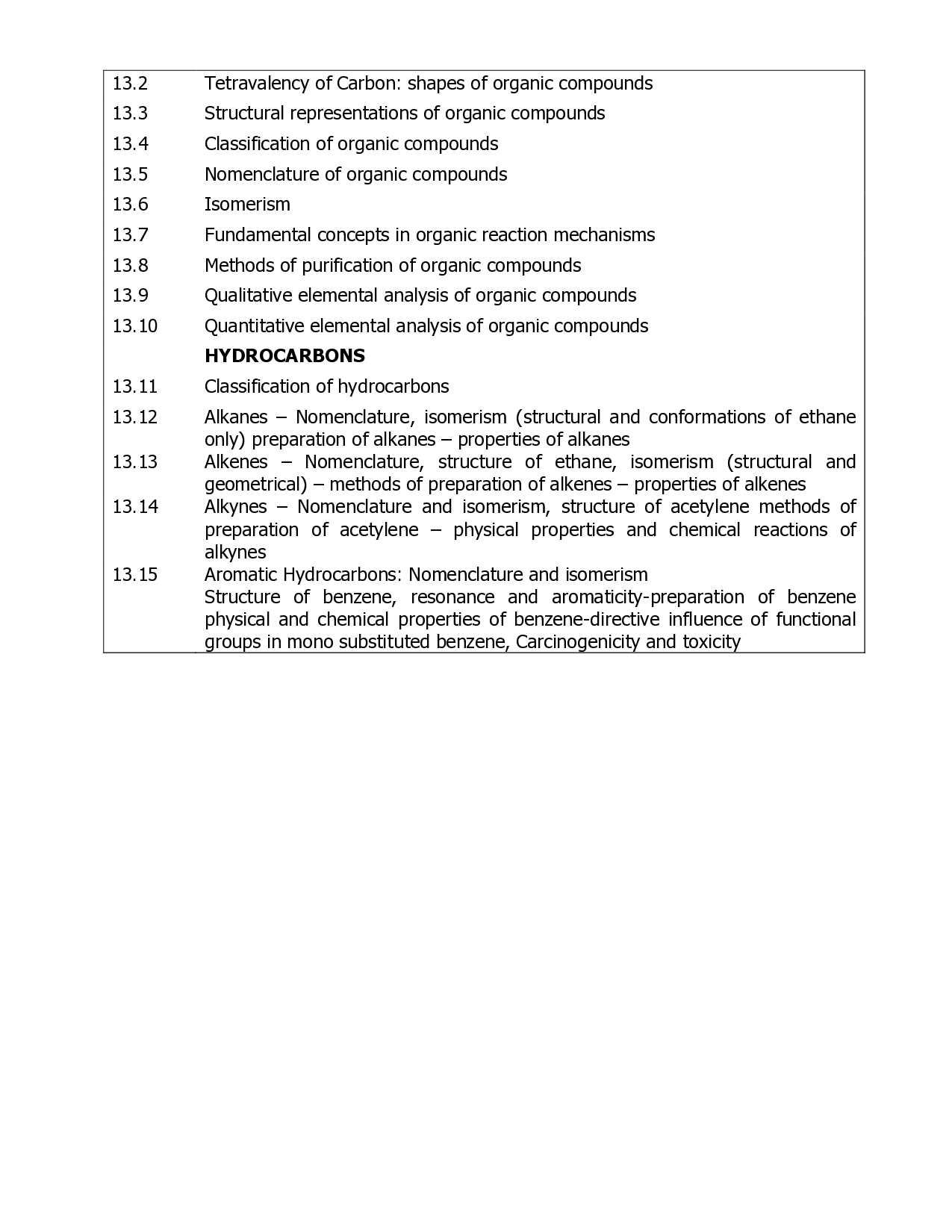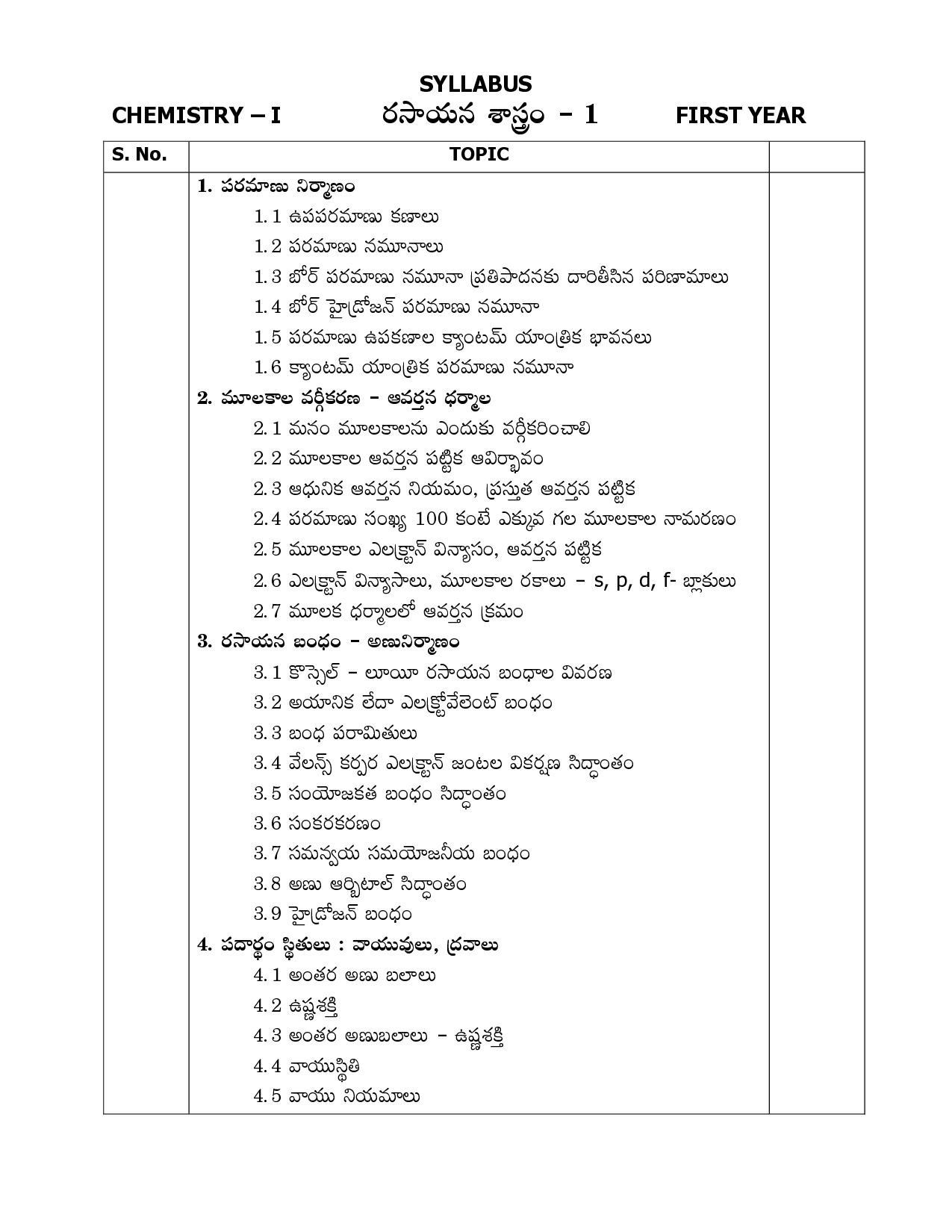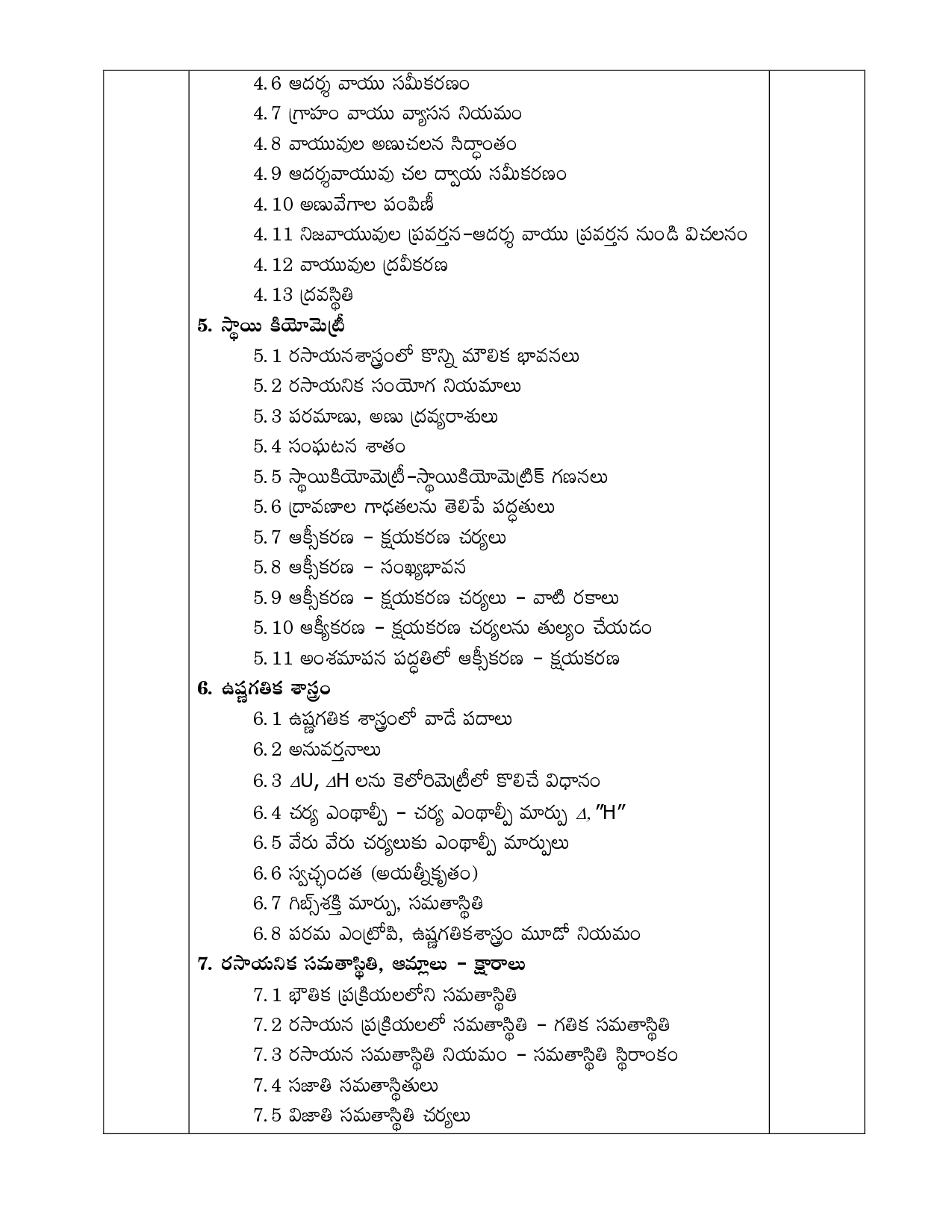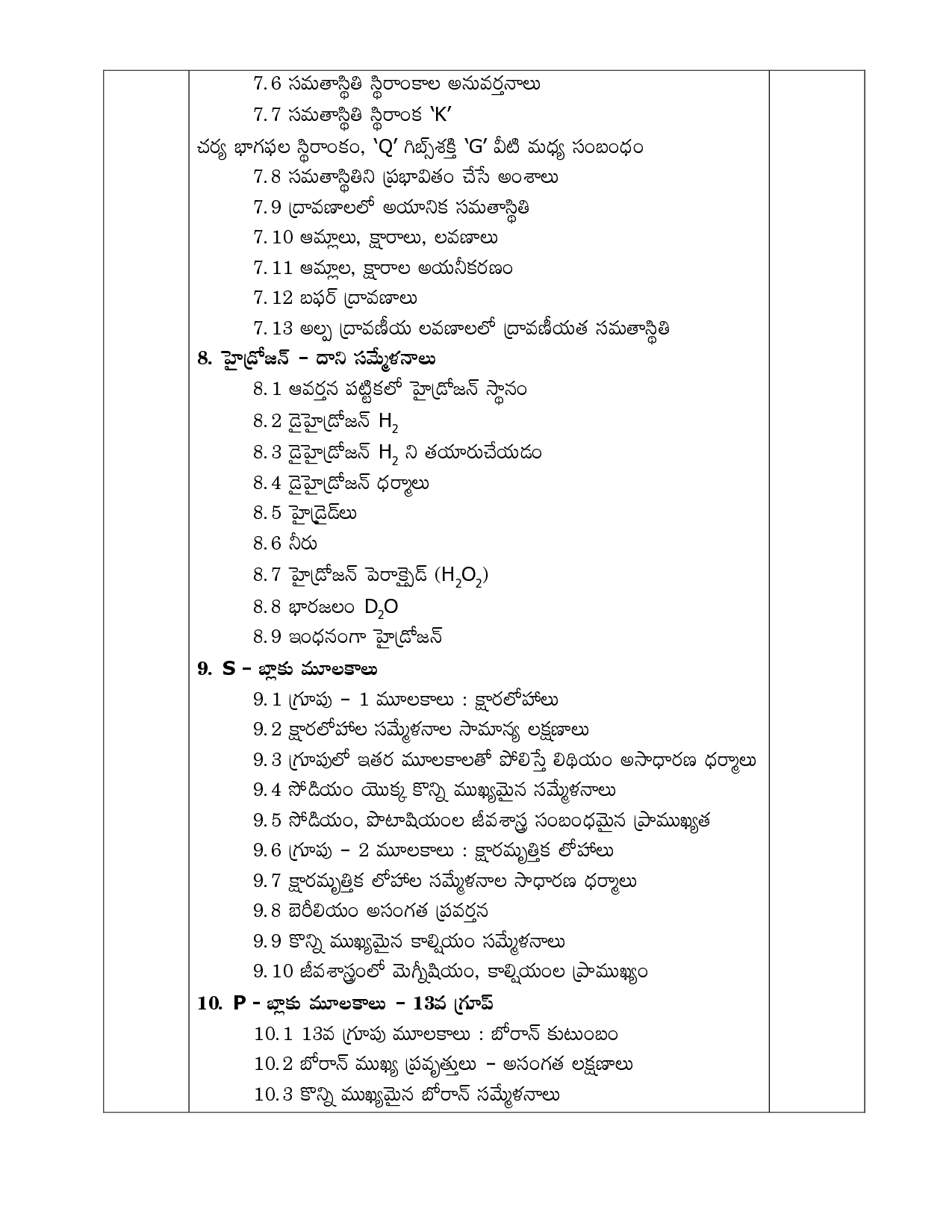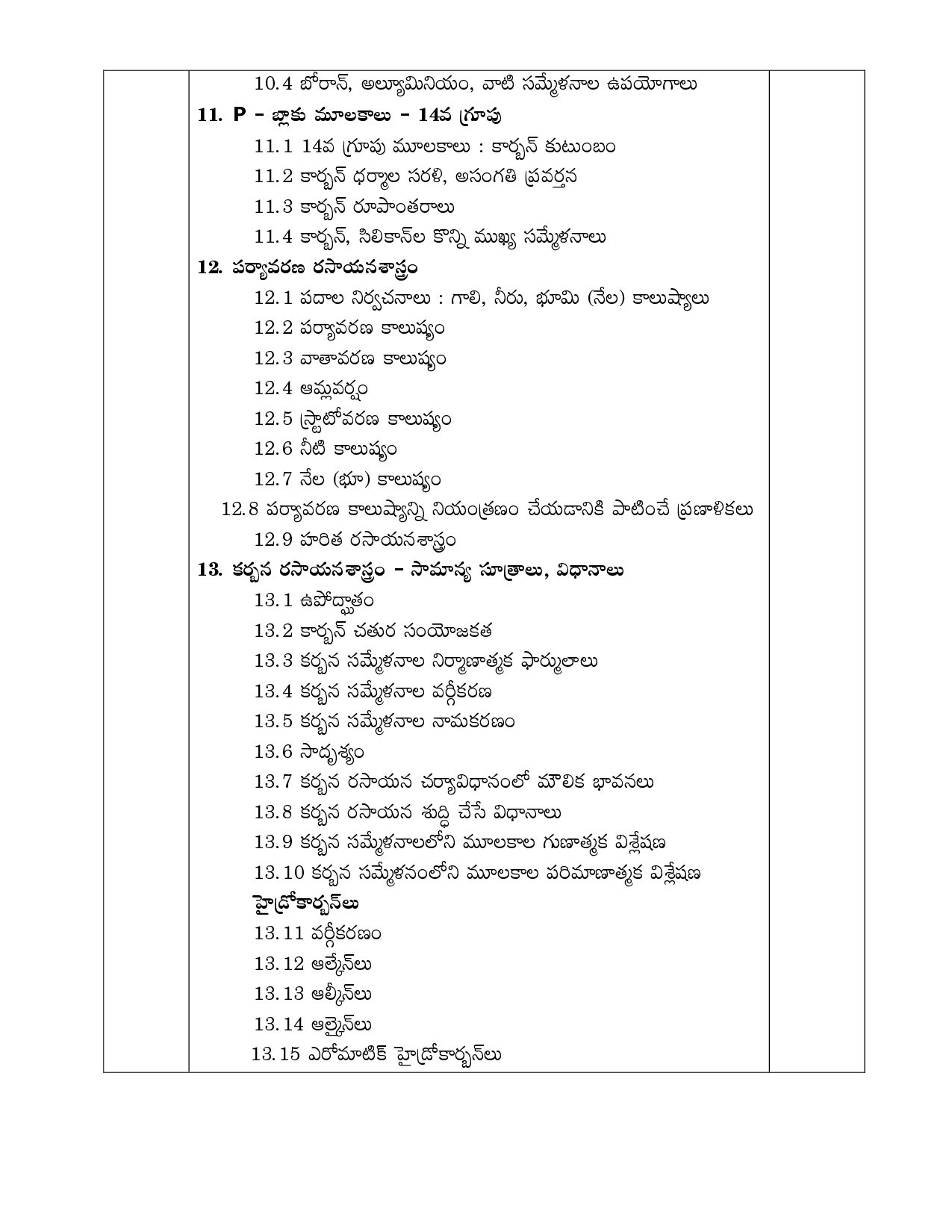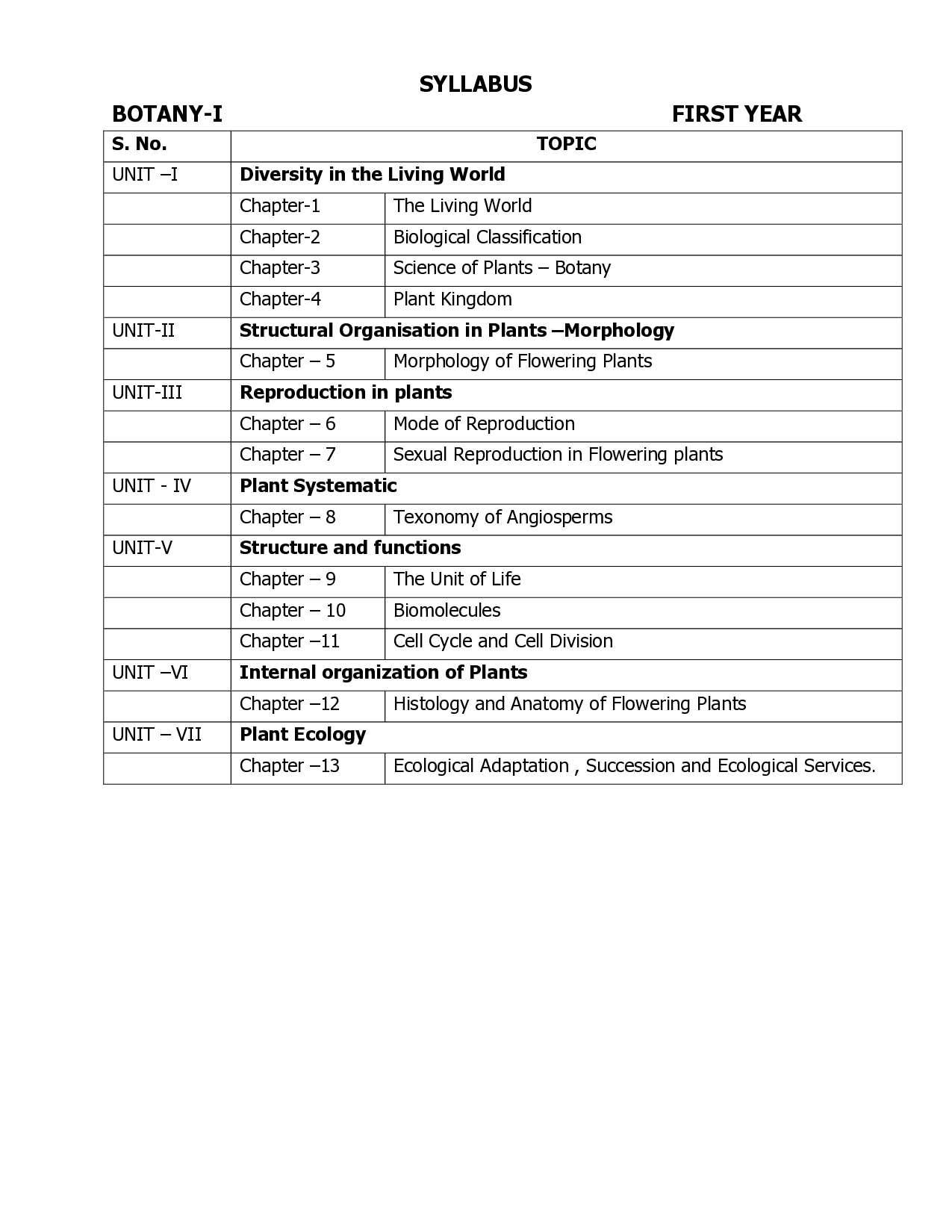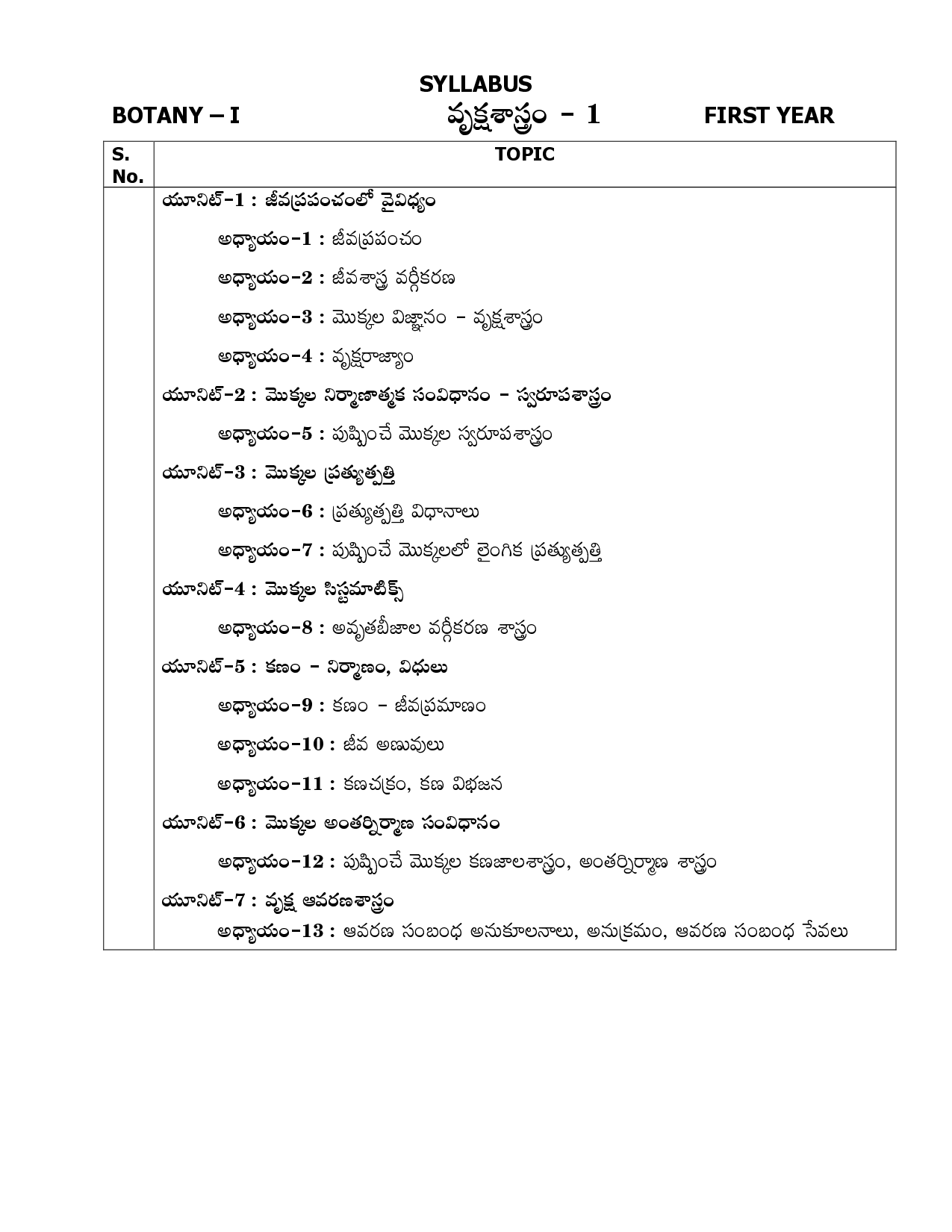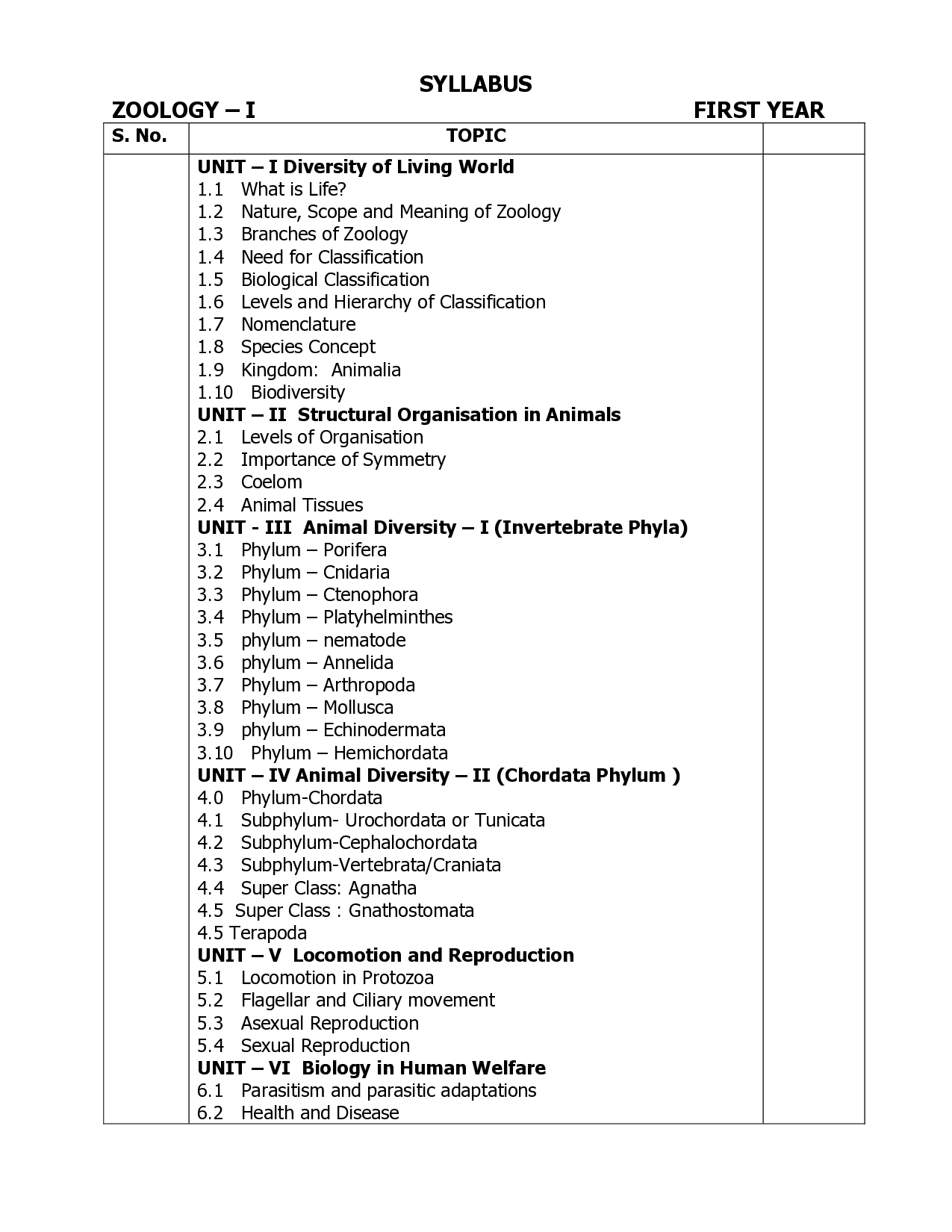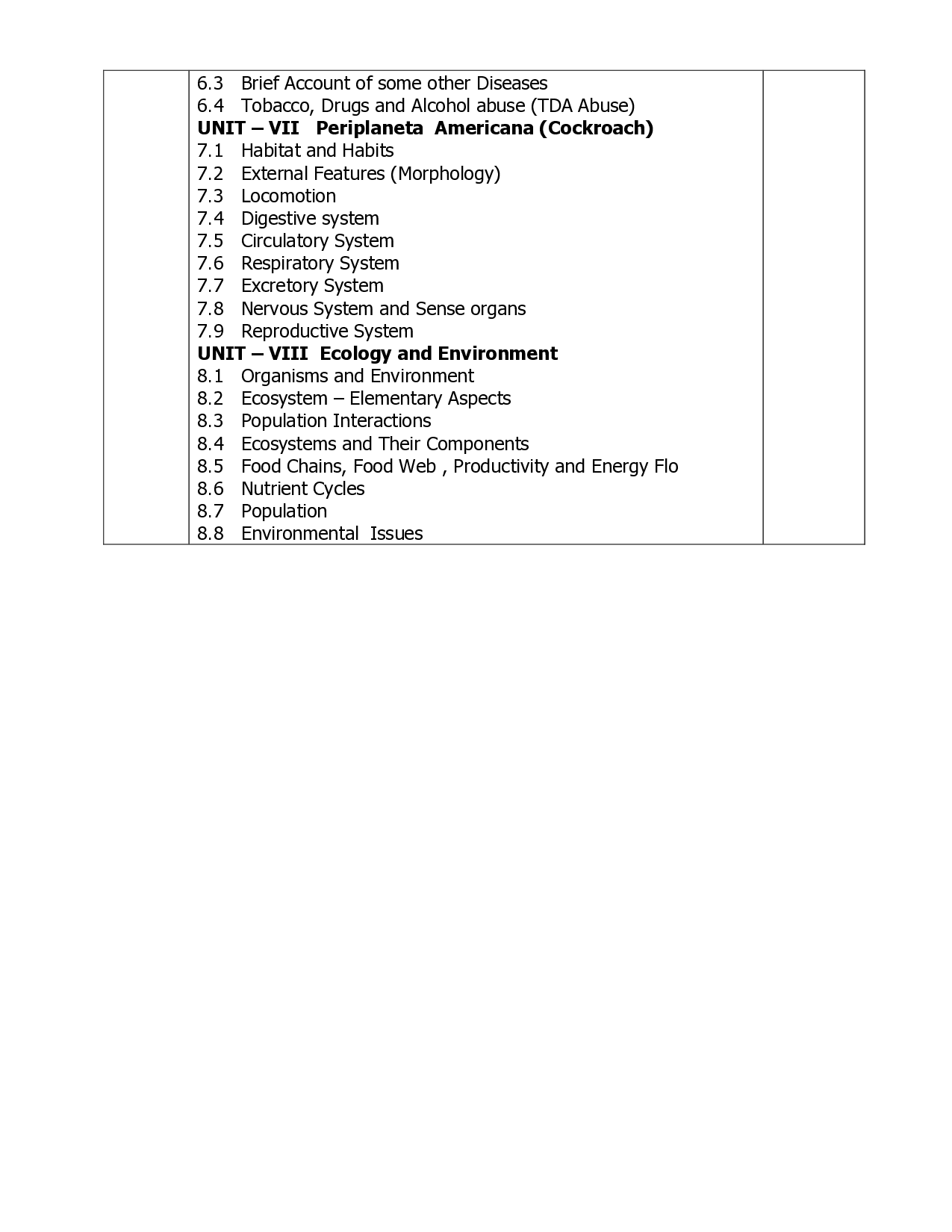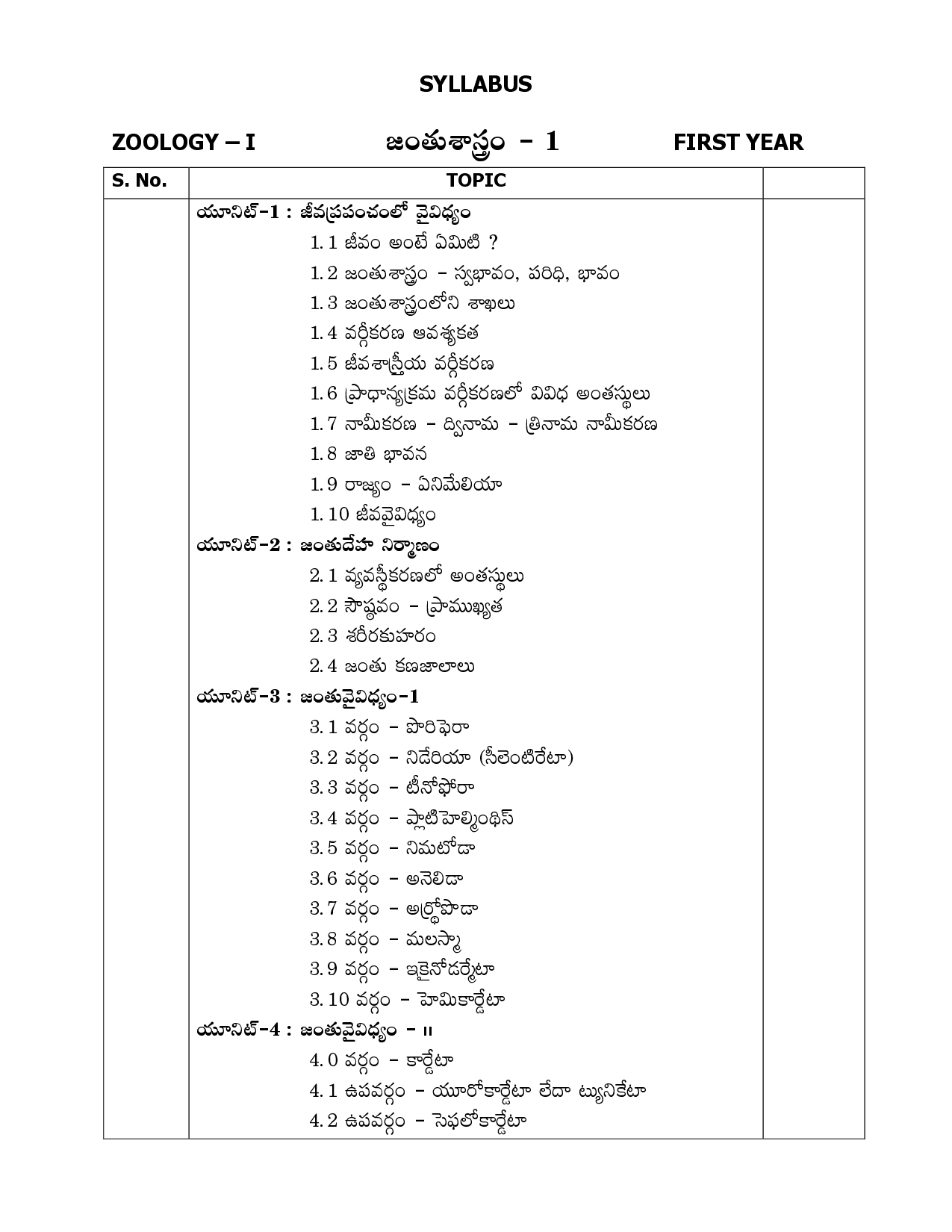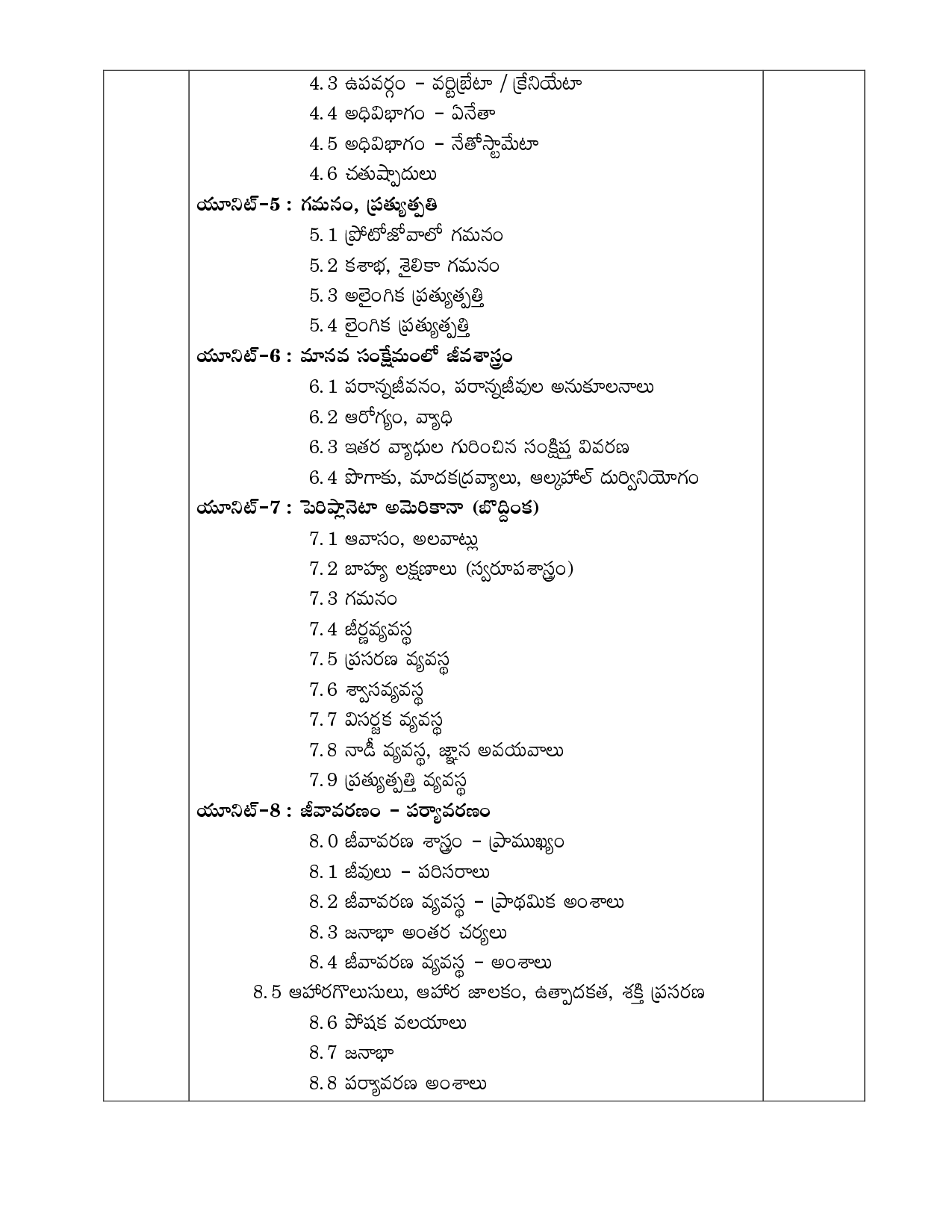AP Inter - All Science 1st year Syllabus
Exploring the AP Intermediate 1st Year Science Syllabus for 2025-2026
As Andhra Pradesh students prepare for their 1st Year Intermediate exams in the 2025-2026 academic year, understanding the syllabus is crucial for effective preparation. The Andhra Pradesh Board of Intermediate Education (BIEAP) offers a comprehensive curriculum for science students, divided into three main streams: MPC (Mathematics, Physics, Chemistry), BiPC (Biology, Physics, Chemistry), and CME (Computer Science, Mathematics, Economics). Each stream has a unique syllabus tailored to its focus, laying the foundation for higher studies and career paths in science and technology.
MPC Stream: Mathematics, Physics, and Chemistry
1. Mathematics
The Mathematics syllabus for 1st Year MPC students is designed to build a strong base in fundamental concepts. Key topics include:
- Algebra: Study of polynomials, complex numbers, quadratic equations, and permutations and combinations.
- Trigonometry: Trigonometric functions, identities, and equations.
- Coordinate Geometry: Understanding of straight lines, circles, and conic sections.
- Calculus: Basics of limits, derivatives, and integrals.
2. Physics
The Physics syllabus aims to introduce students to fundamental principles and their applications. Major topics include:
- Units and Measurements: Fundamental and derived units, dimensional analysis, and errors in measurements.
- Kinematics: Study of motion, including concepts of velocity, acceleration, and projectile motion.
- Laws of Motion: Newton's laws, friction, and circular motion.
- Work, Energy, and Power: Work-energy theorem, kinetic and potential energy, and conservation of energy.
- Thermodynamics: Basics of temperature, heat, and thermodynamic processes.
3. Chemistry
The Chemistry syllabus focuses on foundational concepts essential for advanced studies. Key areas include:
- Basic Concepts of Chemistry: Atomic structure, periodic table, and chemical bonding.
- States of Matter: Properties of gases, liquids, and solids, and phase transitions.
- Thermodynamics: Introduction to thermodynamic concepts, including enthalpy and entropy.
- Chemical Equilibrium: Understanding of equilibrium constants and Le Chatelier's principle.
- Redox Reactions: Basics of oxidation-reduction reactions and electrochemical cells.
BiPC Stream: Biology, Physics, and Chemistry
1. Biology
The Biology syllabus is designed to provide a deep understanding of life sciences. Major topics include:
- Diversity in Living World: Classification, plant and animal diversity, and evolutionary biology.
- Structural Organization in Animals and Plants: Study of tissue types, organ systems, and plant anatomy.
- Cell Structure and Function: Cell theory, organelles, and cell division.
- Plant Physiology: Photosynthesis, respiration, and plant growth and development.
- Human Physiology: Understanding of the human body's systems, including digestive, respiratory, and circulatory systems.
2. Physics and Chemistry
For BiPC students, the Physics and Chemistry syllabi are similar to those in the MPC stream, with a focus on foundational concepts relevant to biological sciences.
CME Stream: Computer Science, Mathematics, and Economics
1. Computer Science
The Computer Science syllabus introduces students to programming and computational thinking. Key topics include:
- Basics of Computer Systems: Understanding hardware, software, and operating systems.
- Programming Languages: Introduction to languages like Python, including basics of syntax, data types, and control structures.
- Data Structures: Basic data structures such as arrays, linked lists, and stacks.
- Algorithms: Introduction to algorithms, including sorting and searching techniques.
2. Mathematics and Economics
The Mathematics syllabus in the CME stream mirrors the MPC syllabus, focusing on foundational mathematical concepts. The Economics syllabus covers:
- Introduction to Economics: Basic economic concepts, including scarcity, choice, and opportunity cost.
- Microeconomics: Study of individual economic units, market structures, and consumer behavior.
- Macroeconomics: Overview of the economy as a whole, including national income, inflation, and economic growth.
Study Tips for AP Intermediate 1st Year Science
- Organize Your Study Material: Keep your notes, textbooks, and reference materials well-organized for easy access.
- Create a Study Schedule: Plan your study time effectively to cover all topics systematically.
- Practice Regularly: Solve problems and conduct experiments to reinforce theoretical knowledge.
- Revise Frequently: Regular revision helps in retaining concepts and identifying areas needing improvement.
- Seek Help When Needed: Don’t hesitate to ask teachers or peers for help if you encounter difficulties.
Download the PDF of AP Inter - All Science Group 1st Year Syllabus
